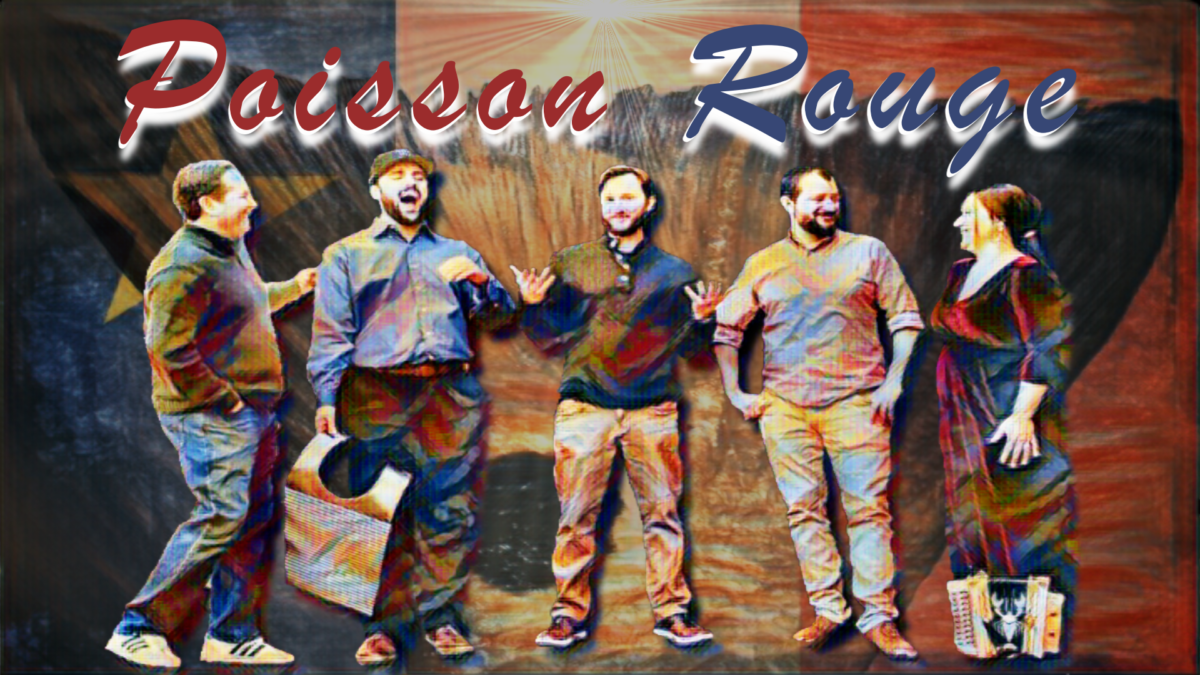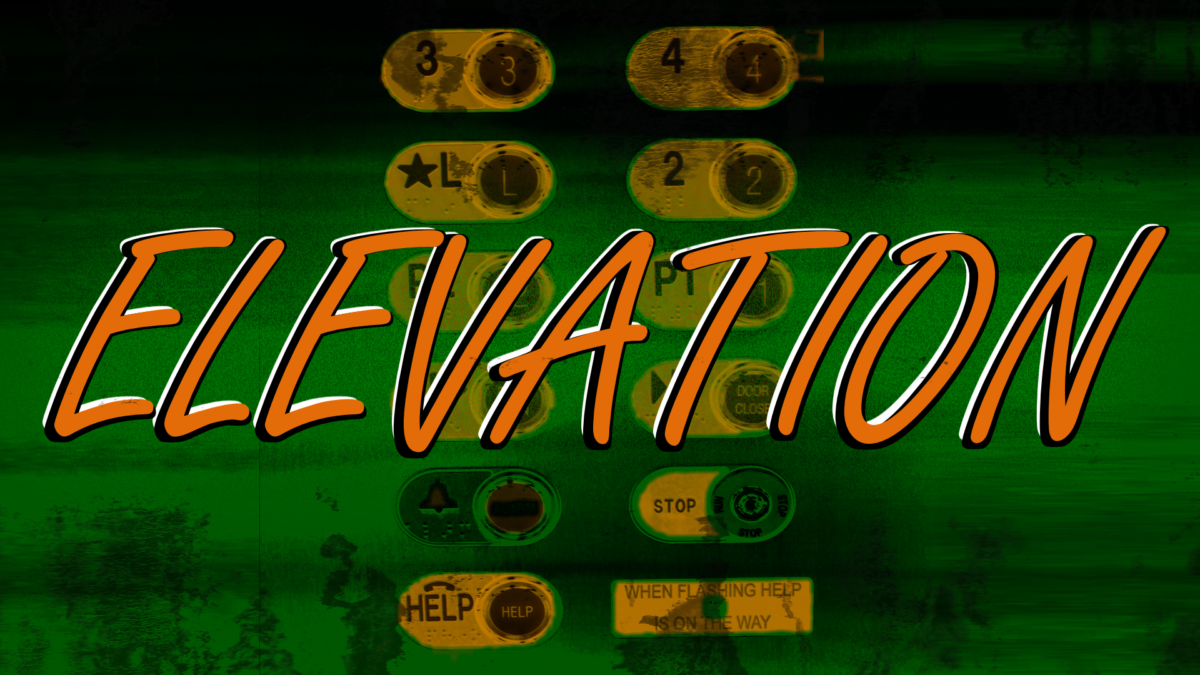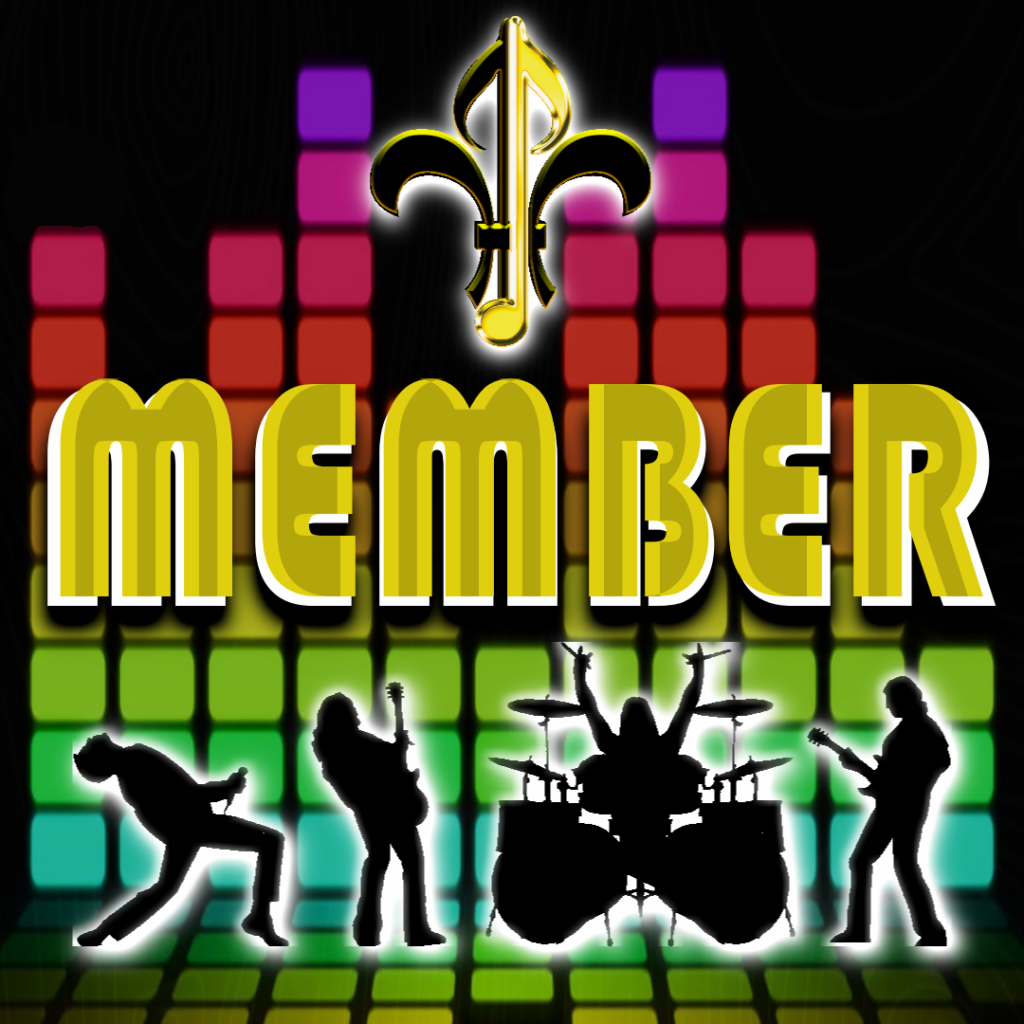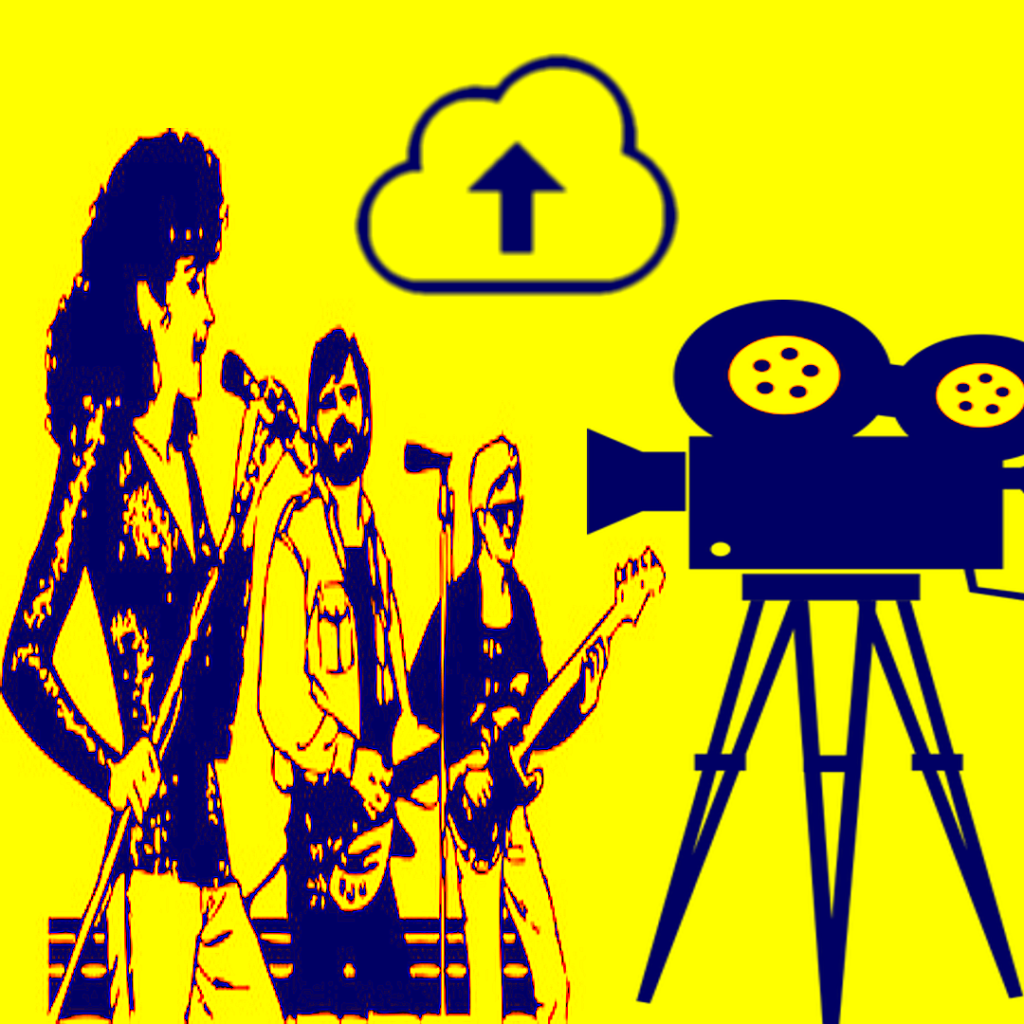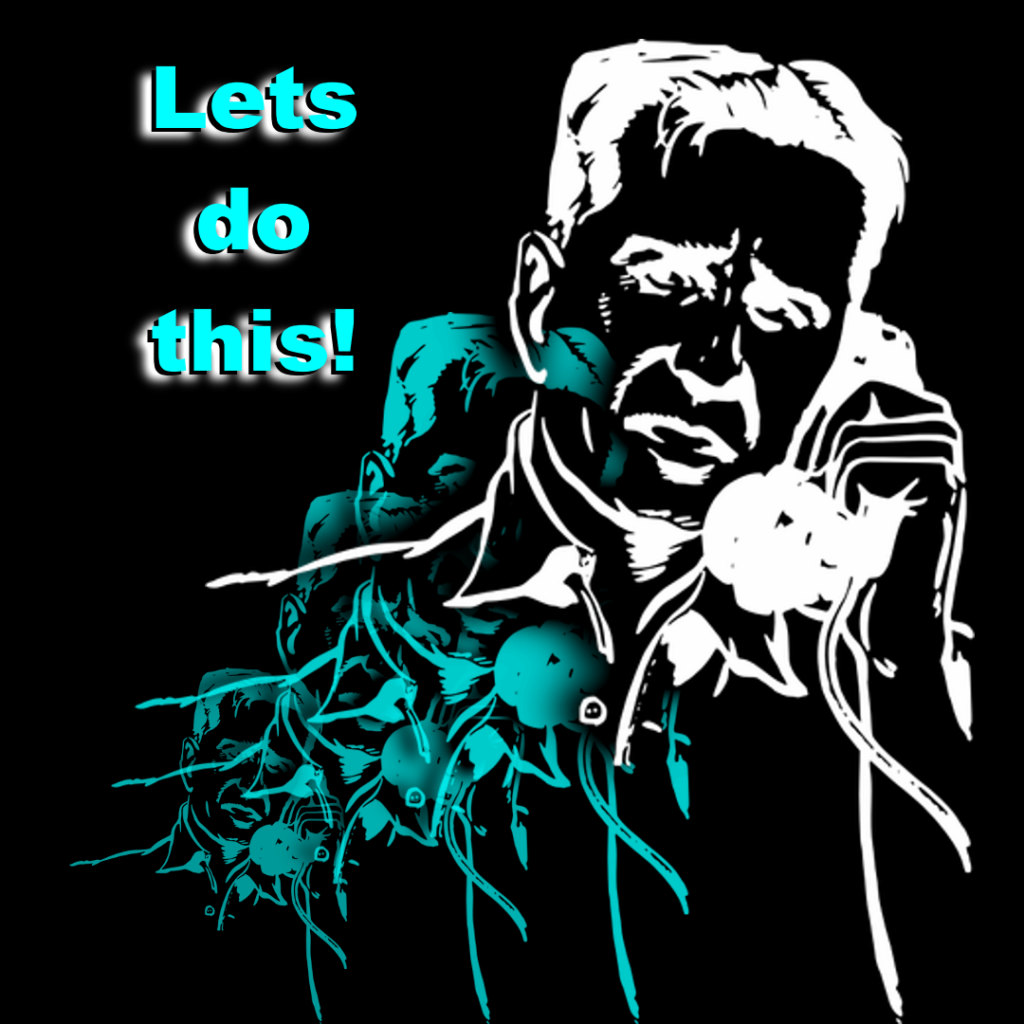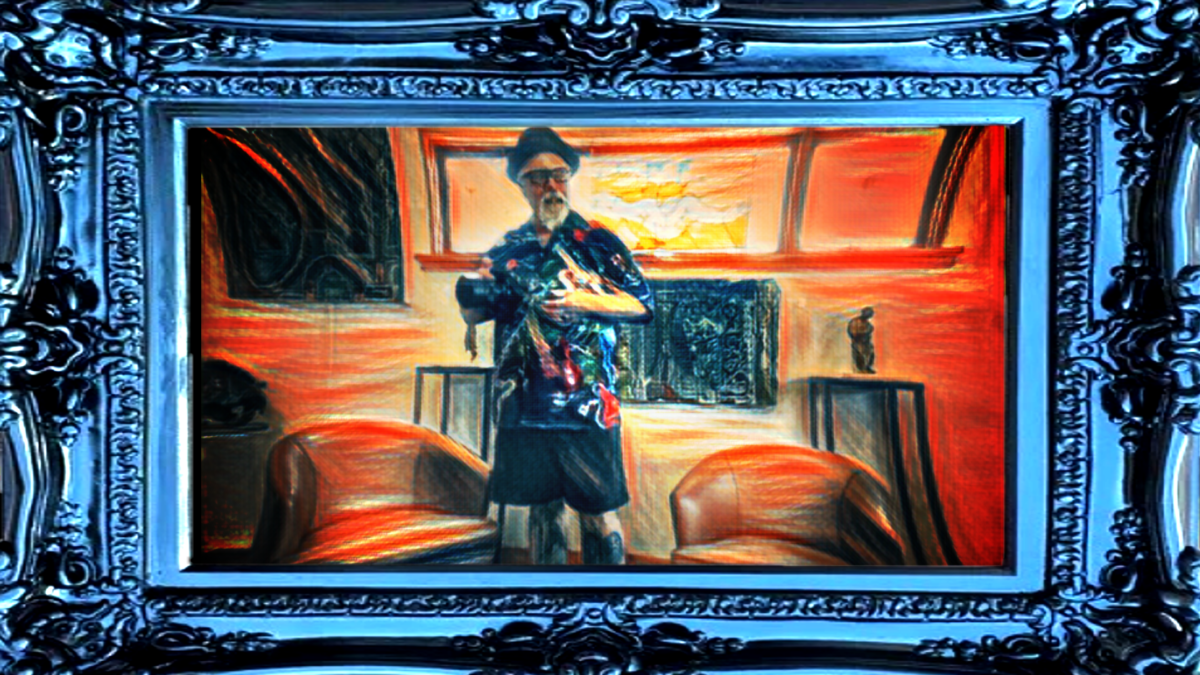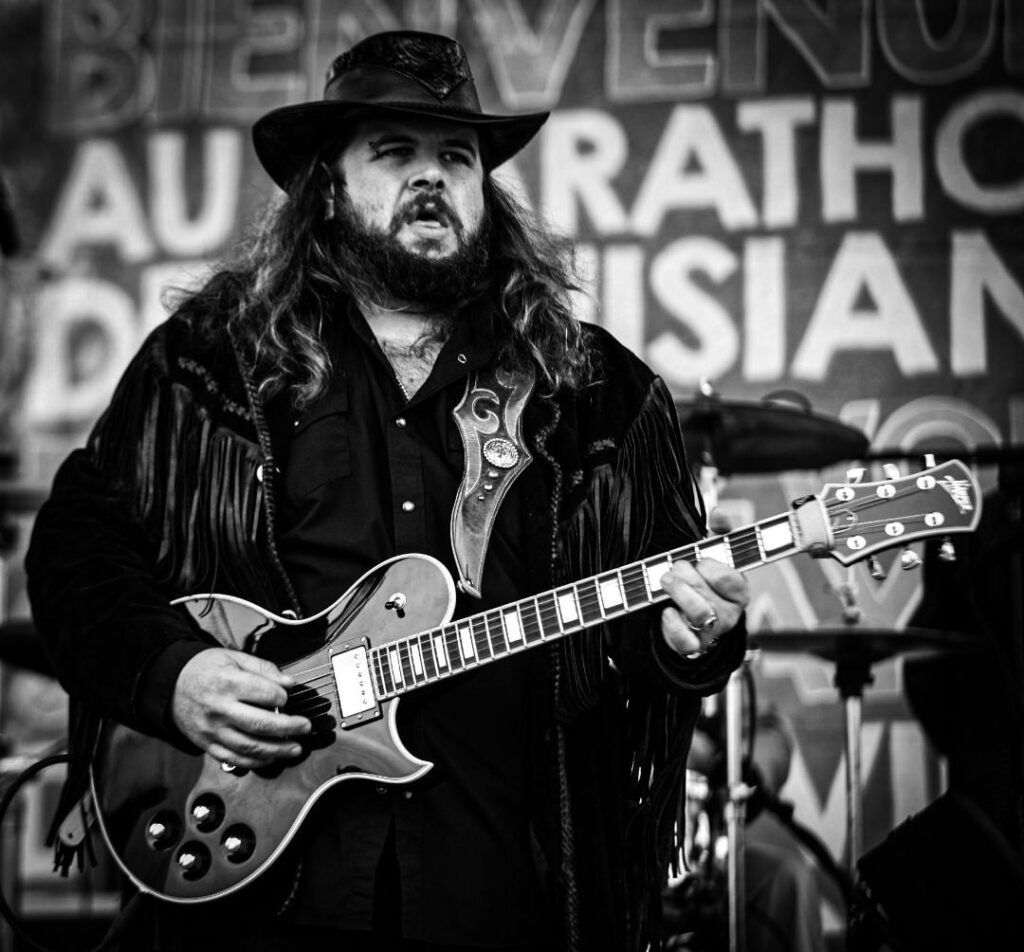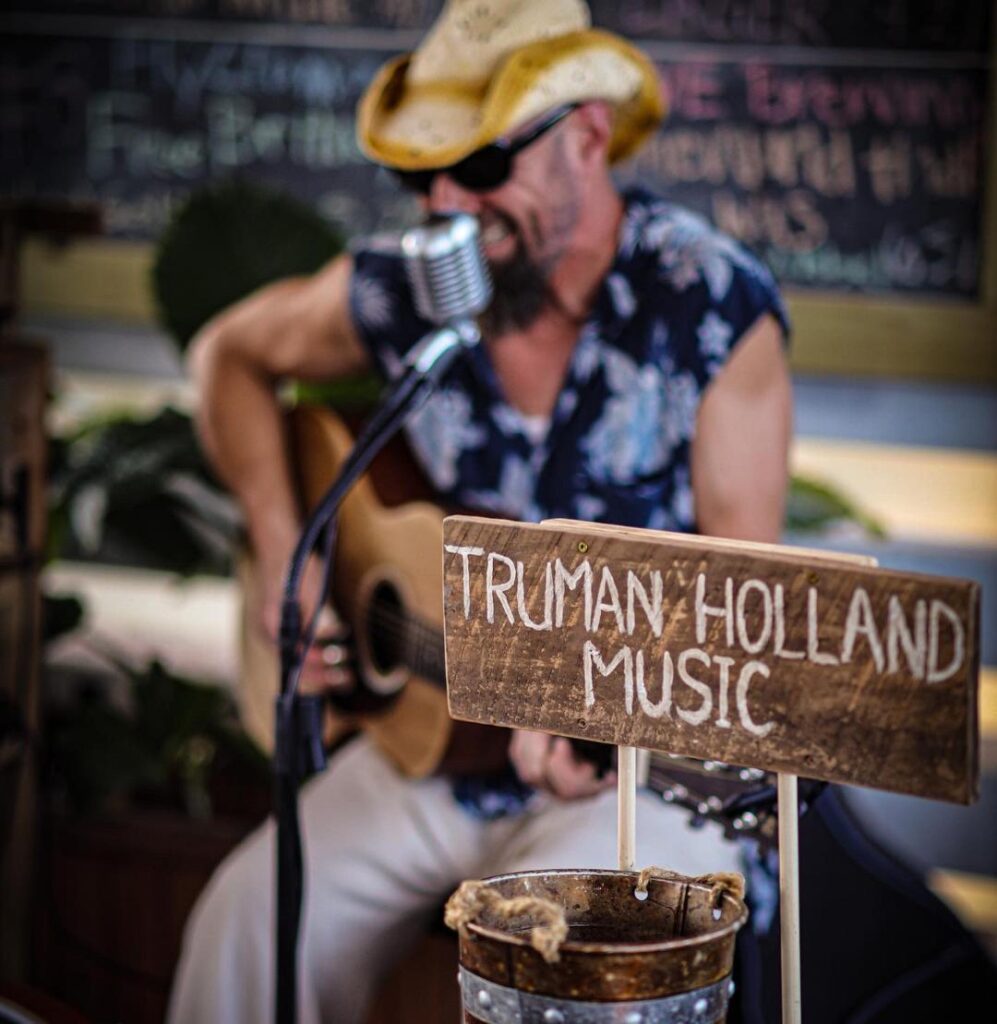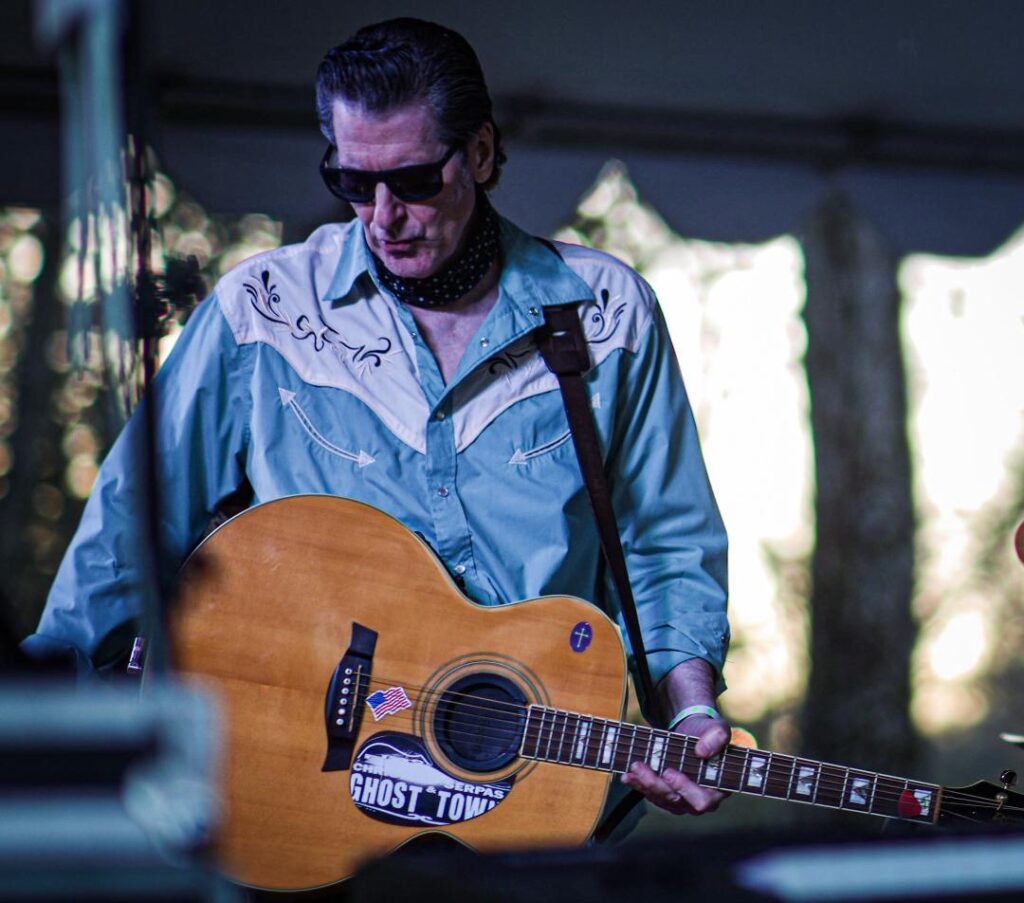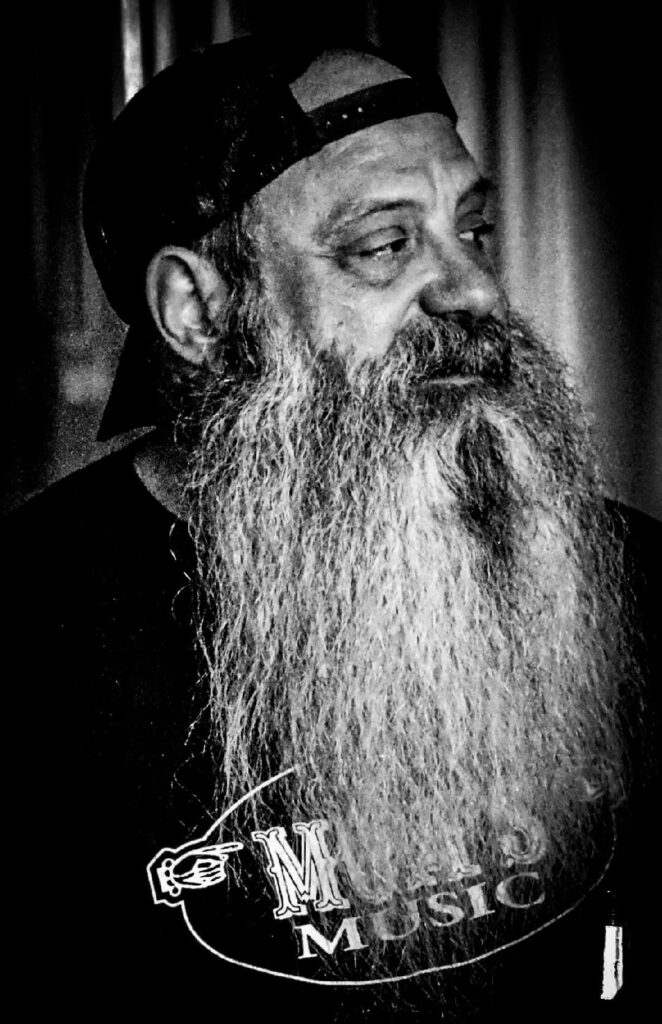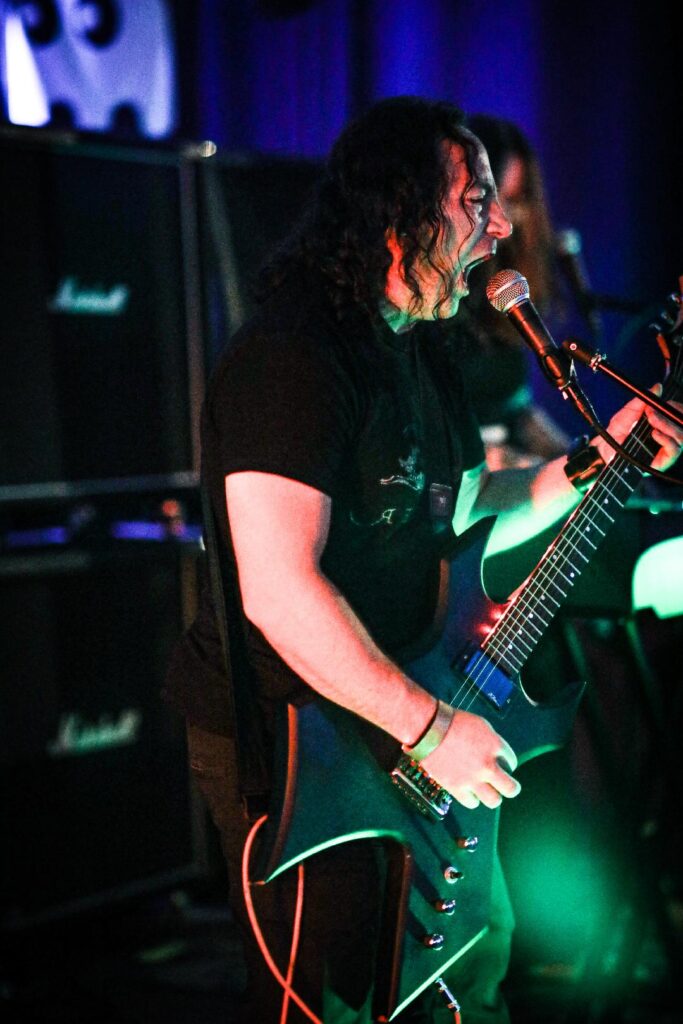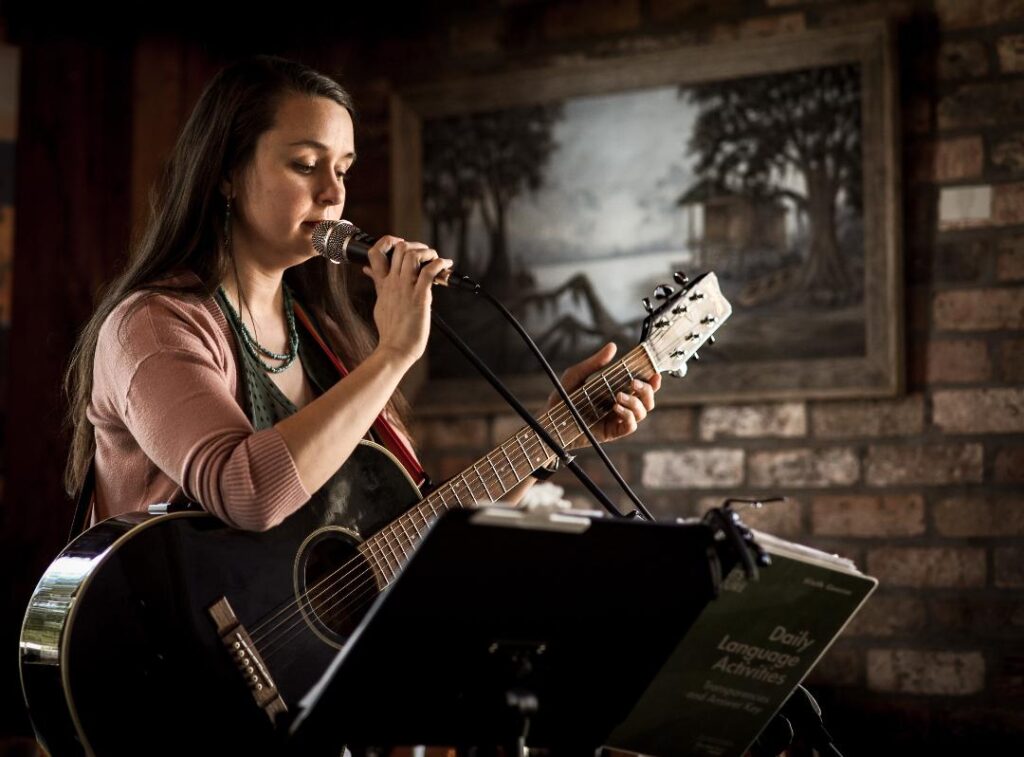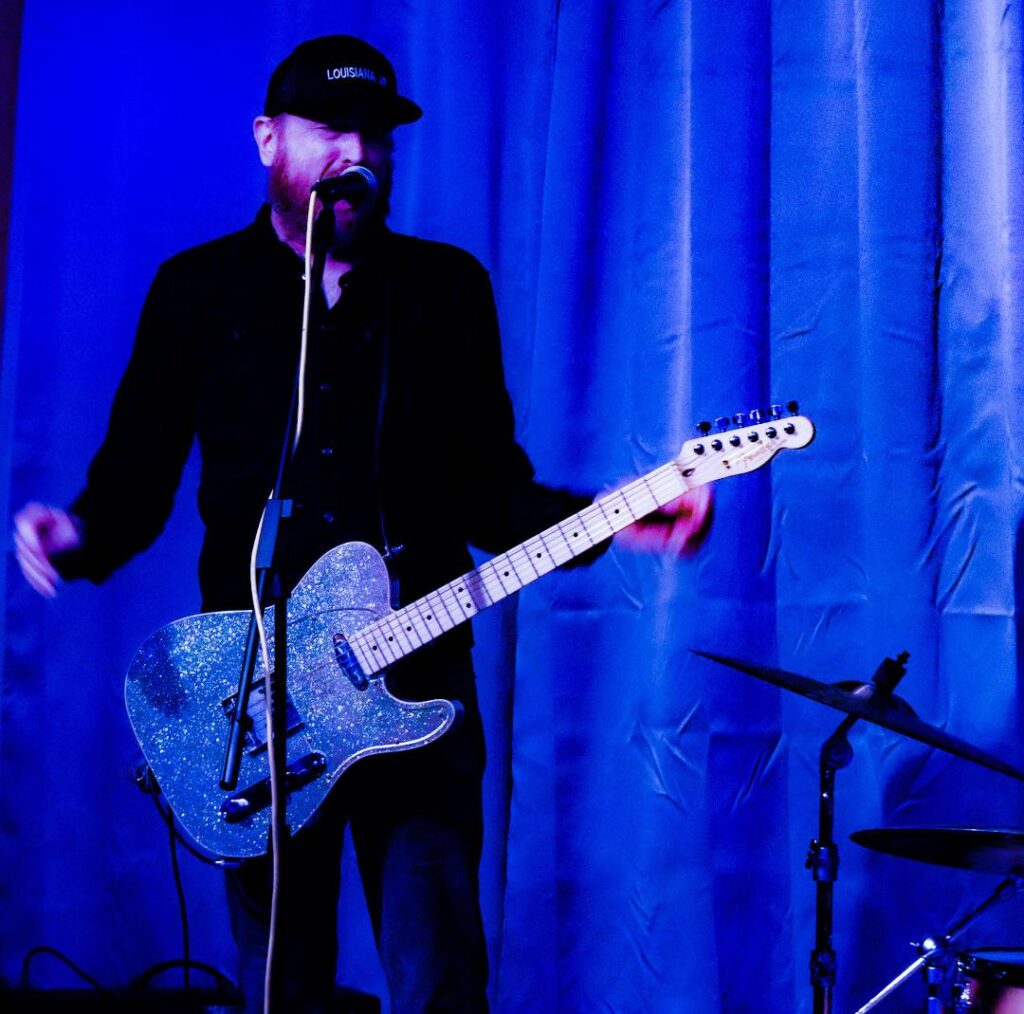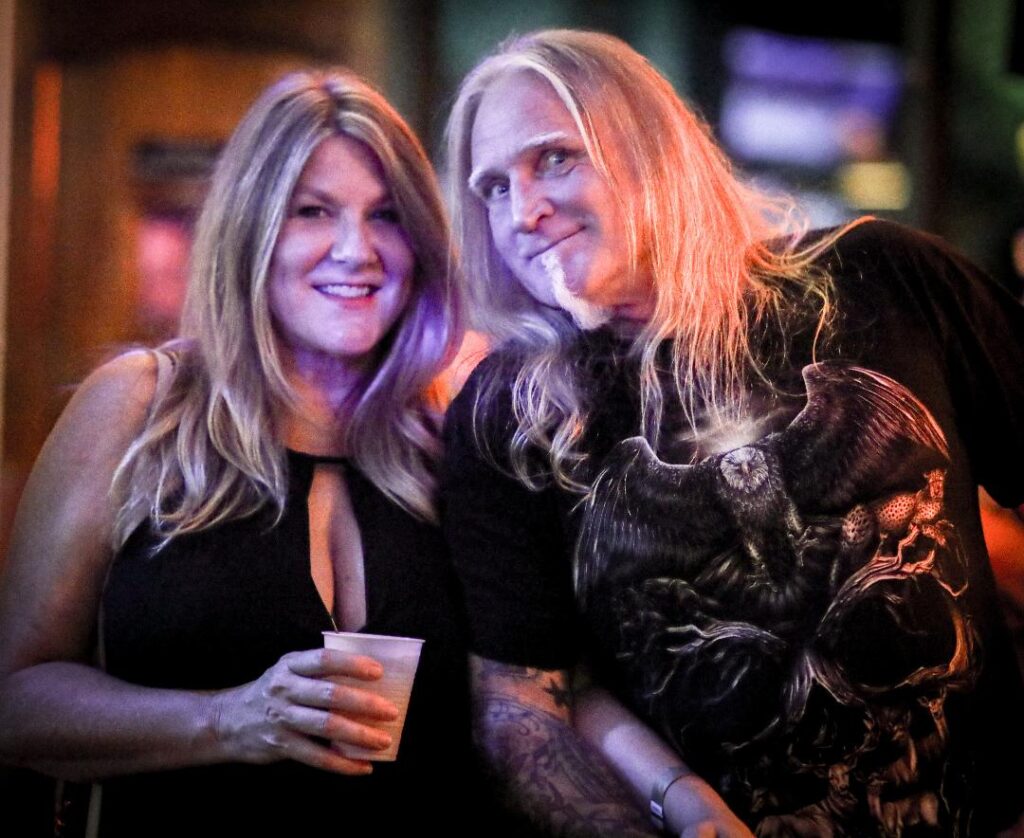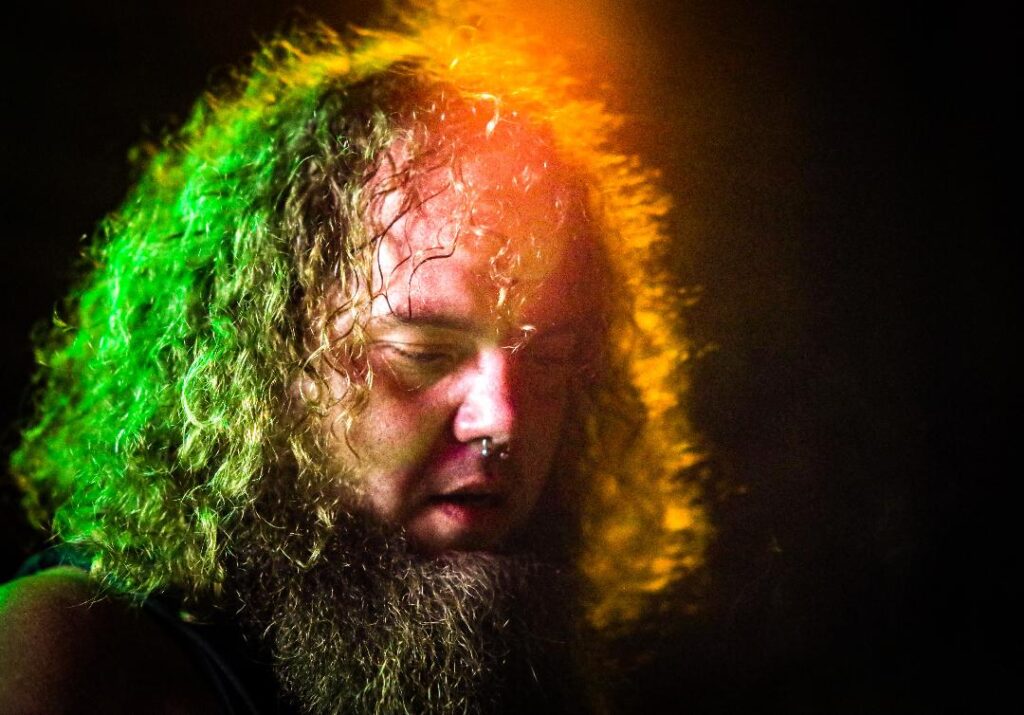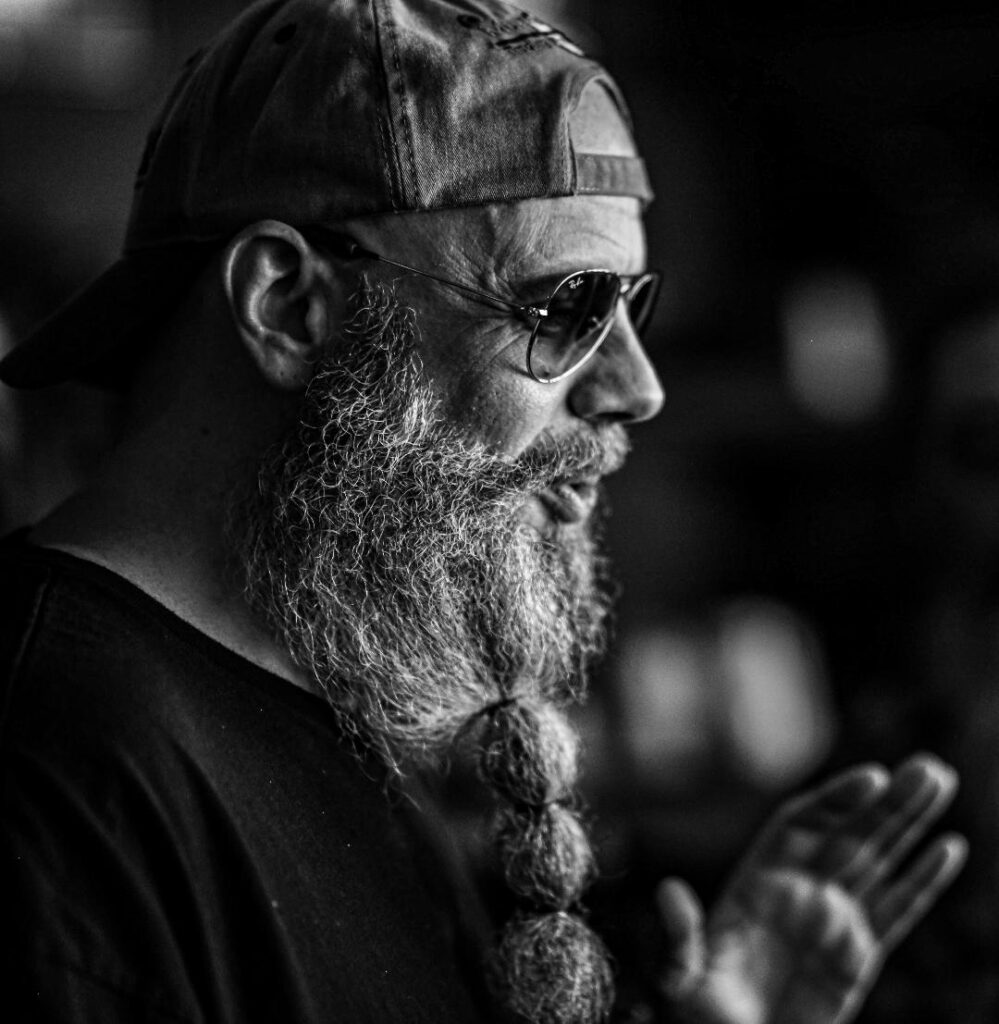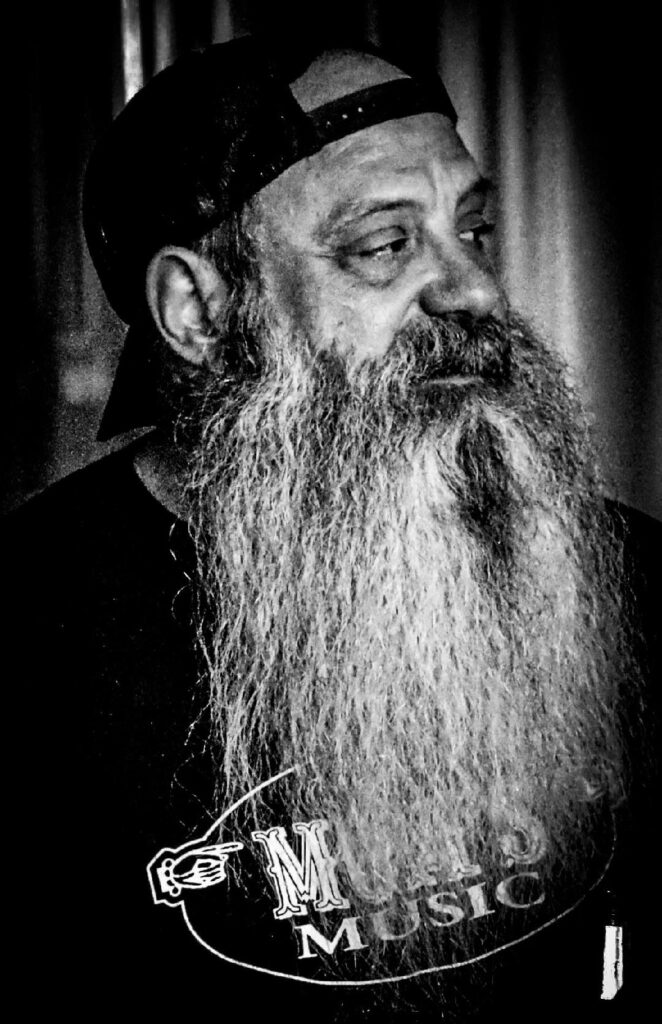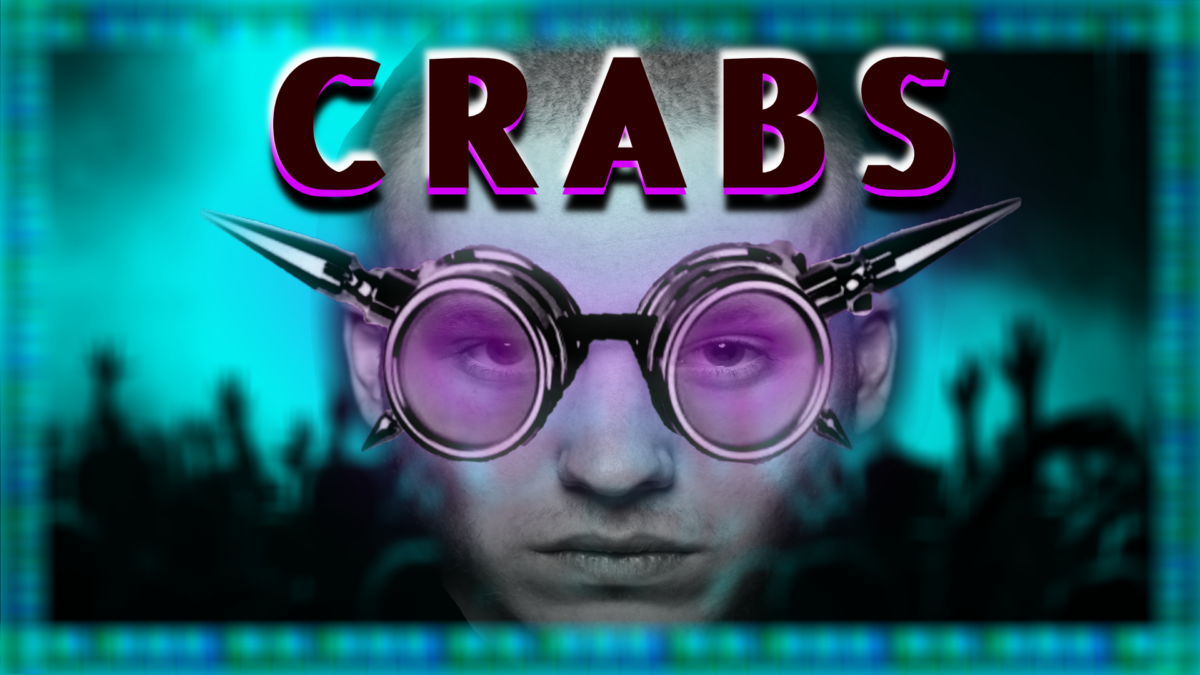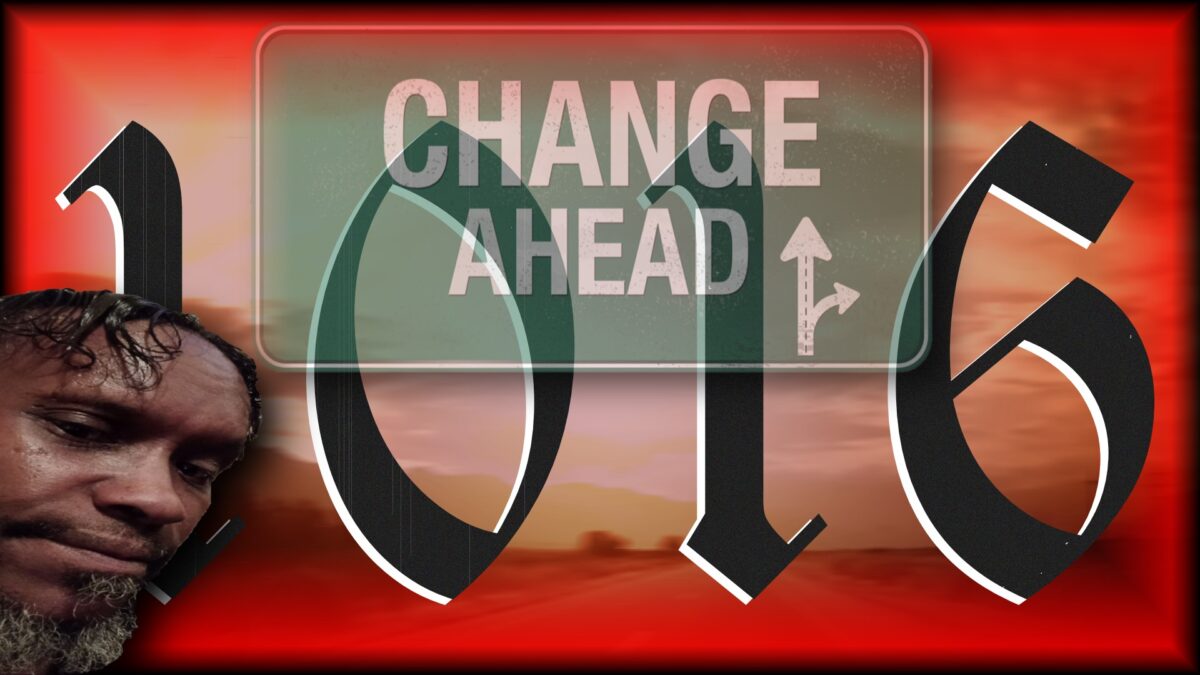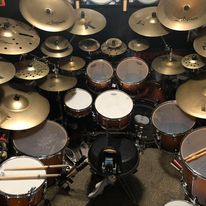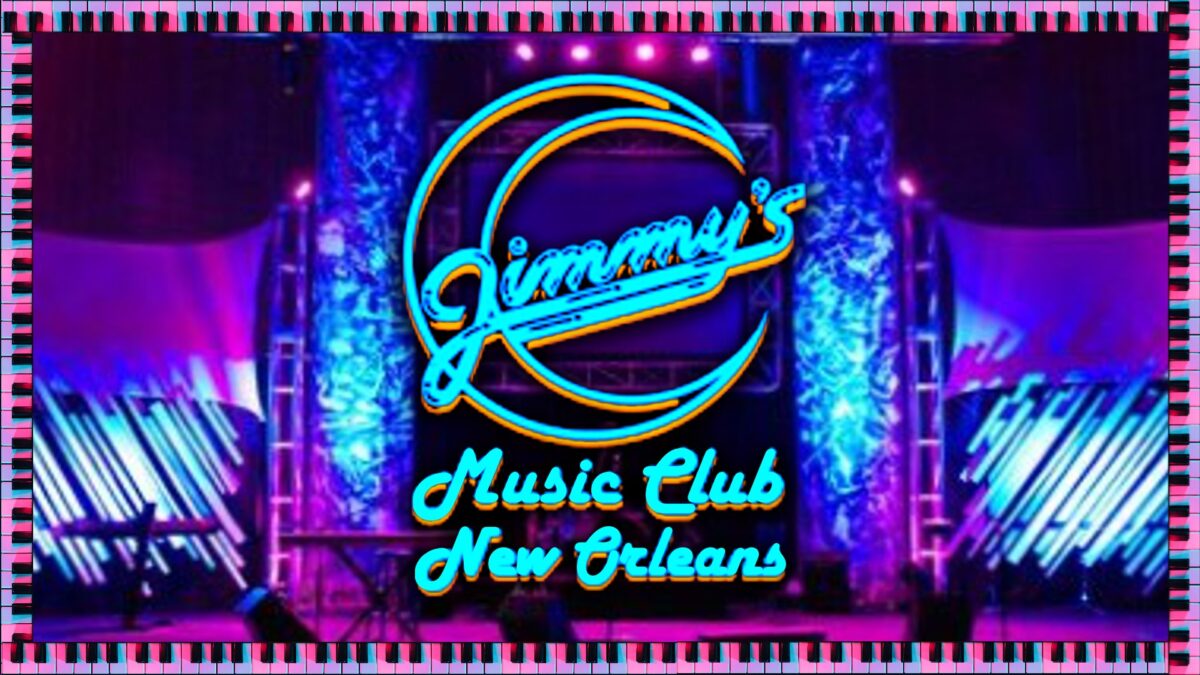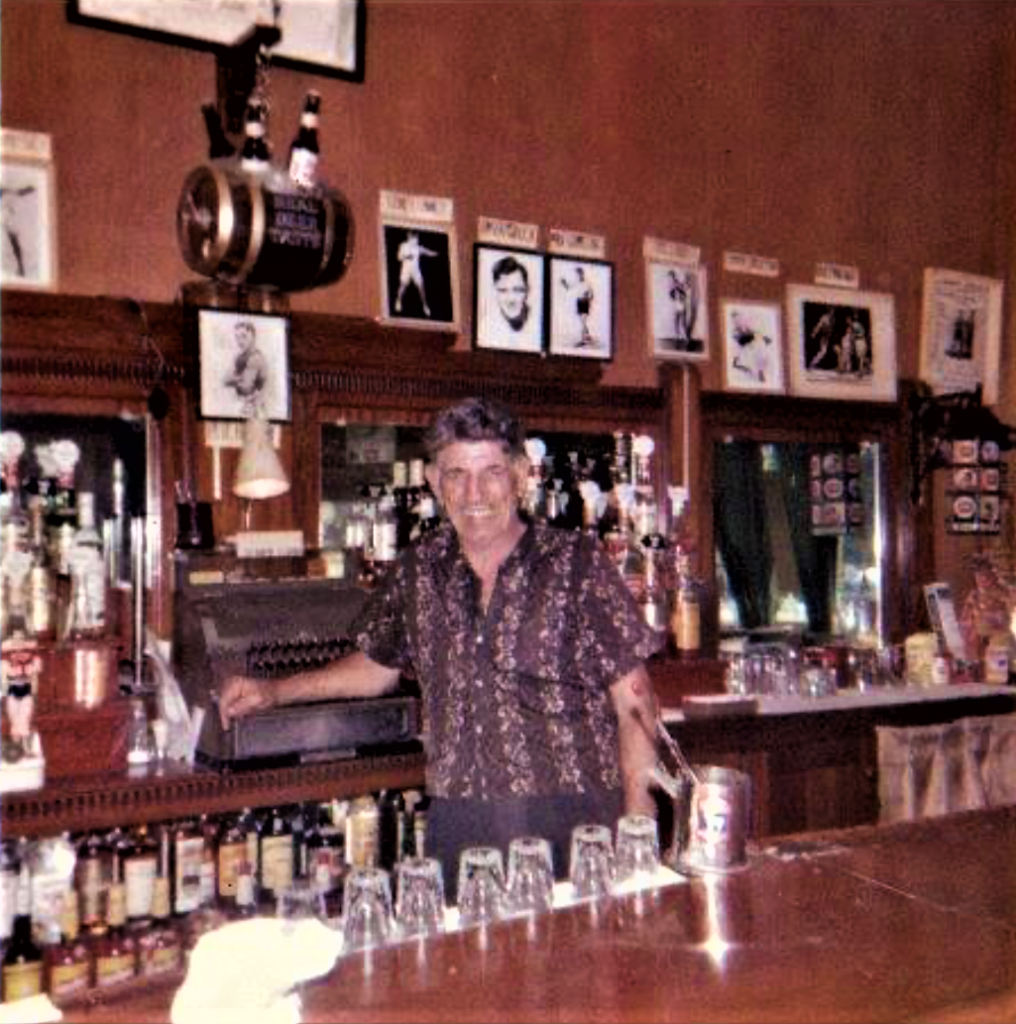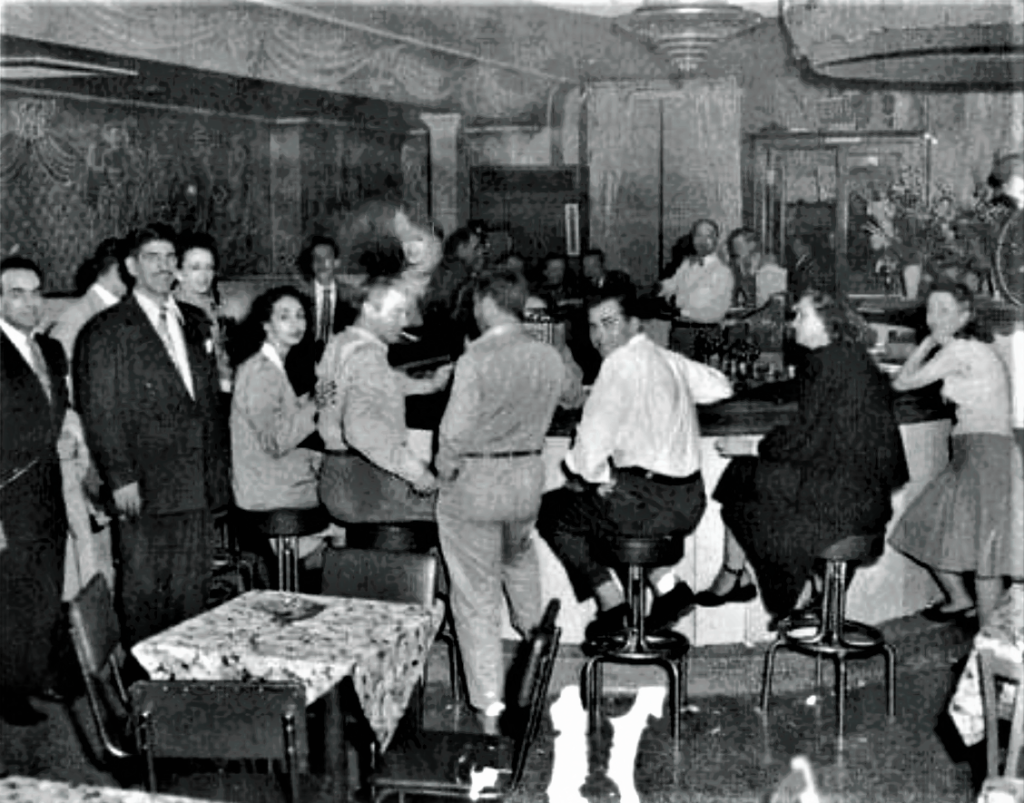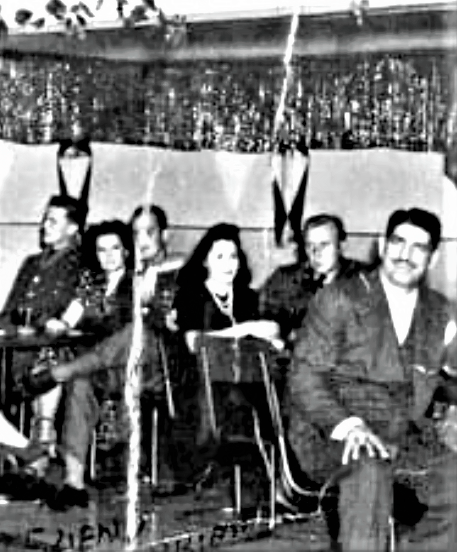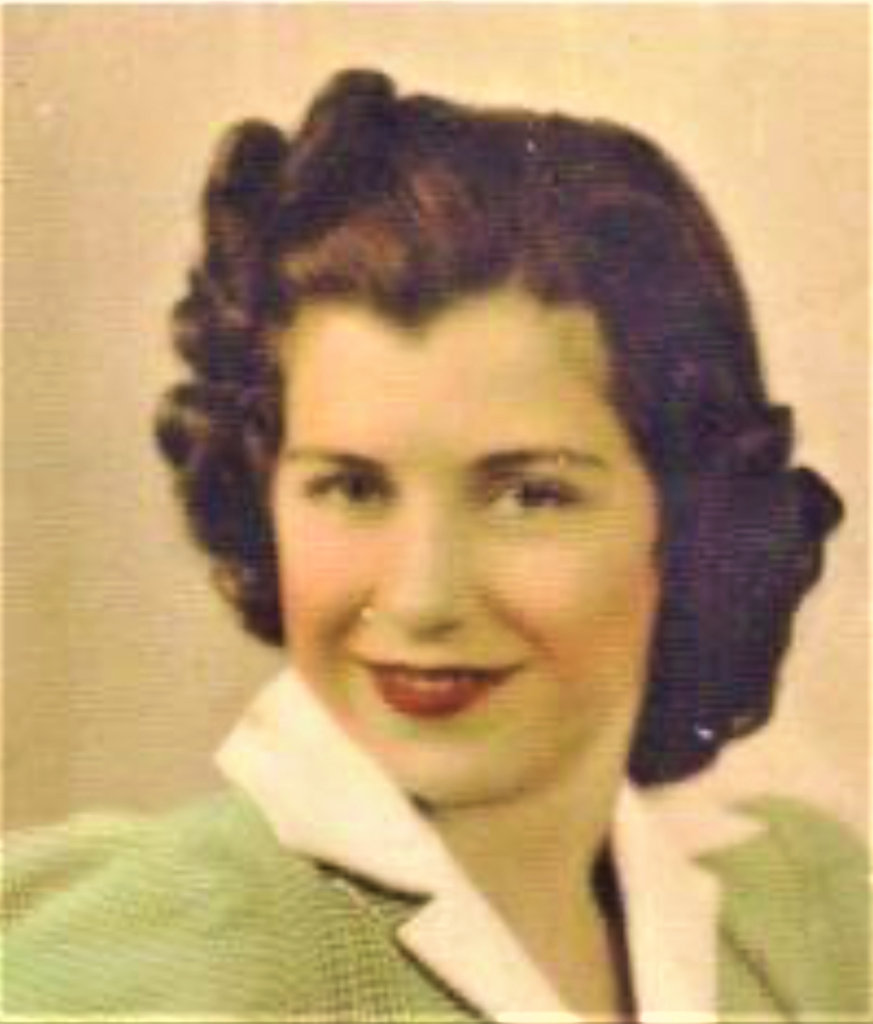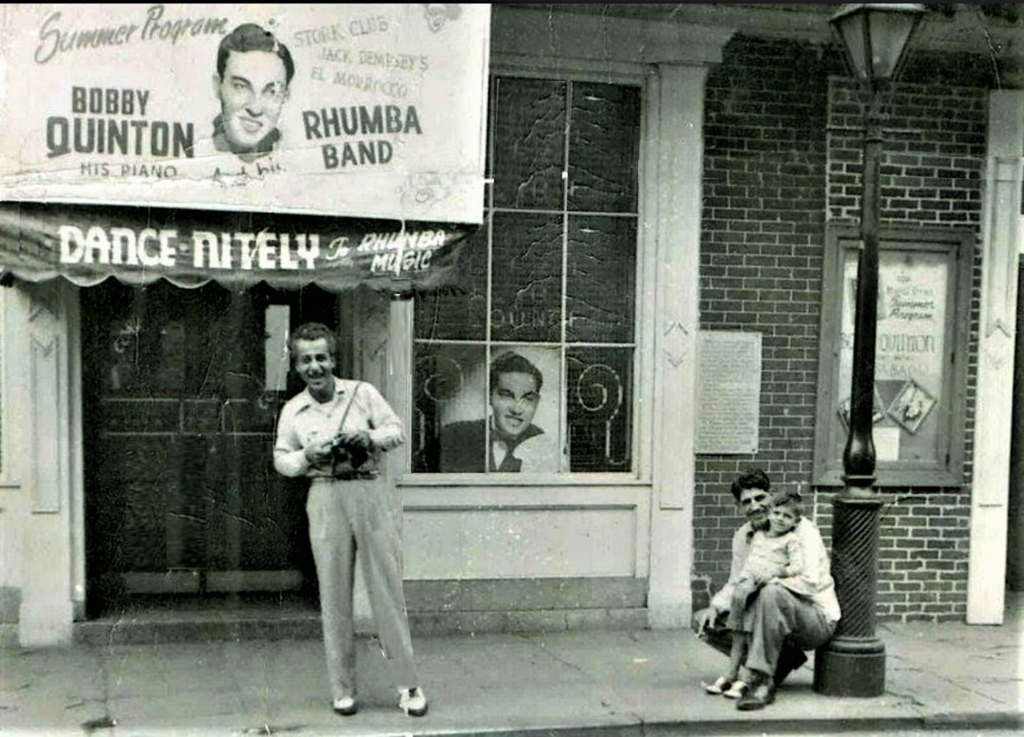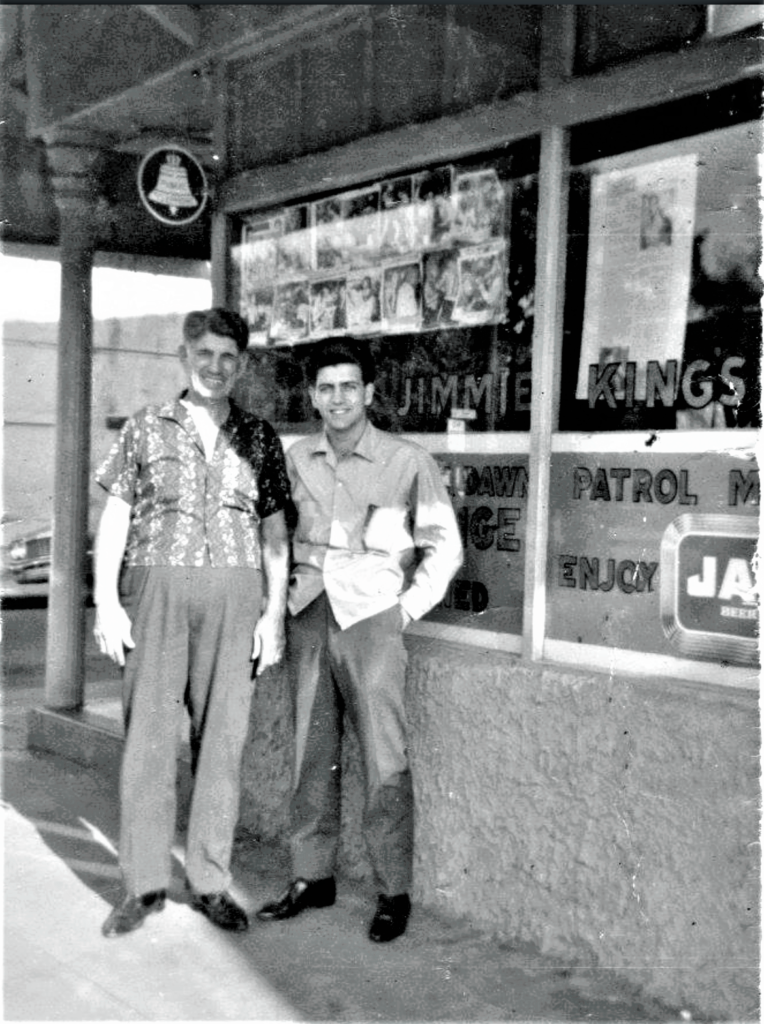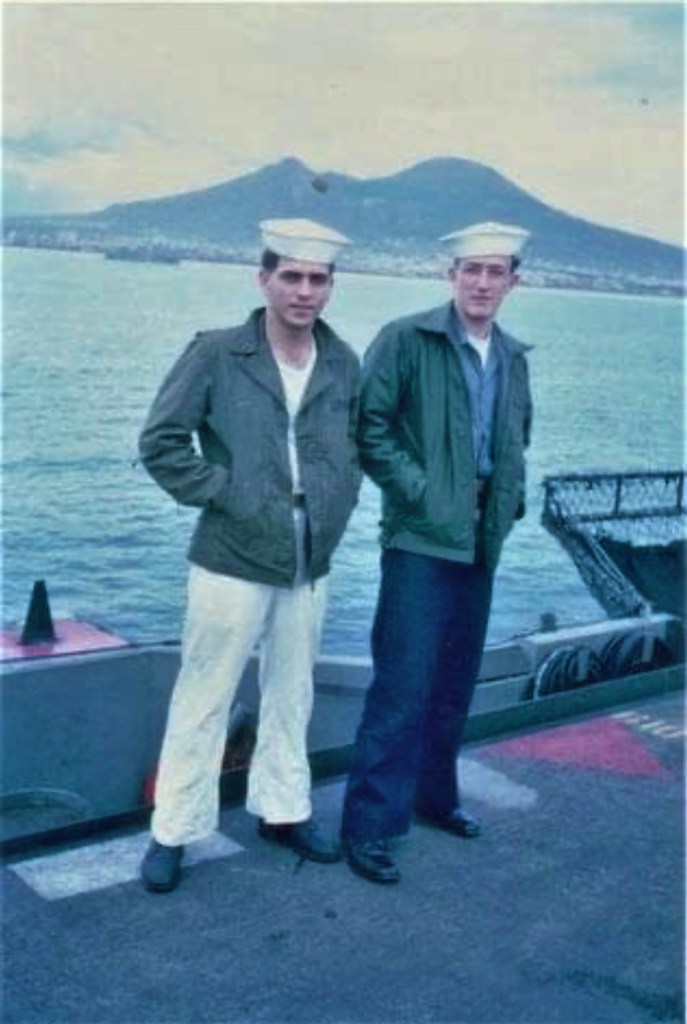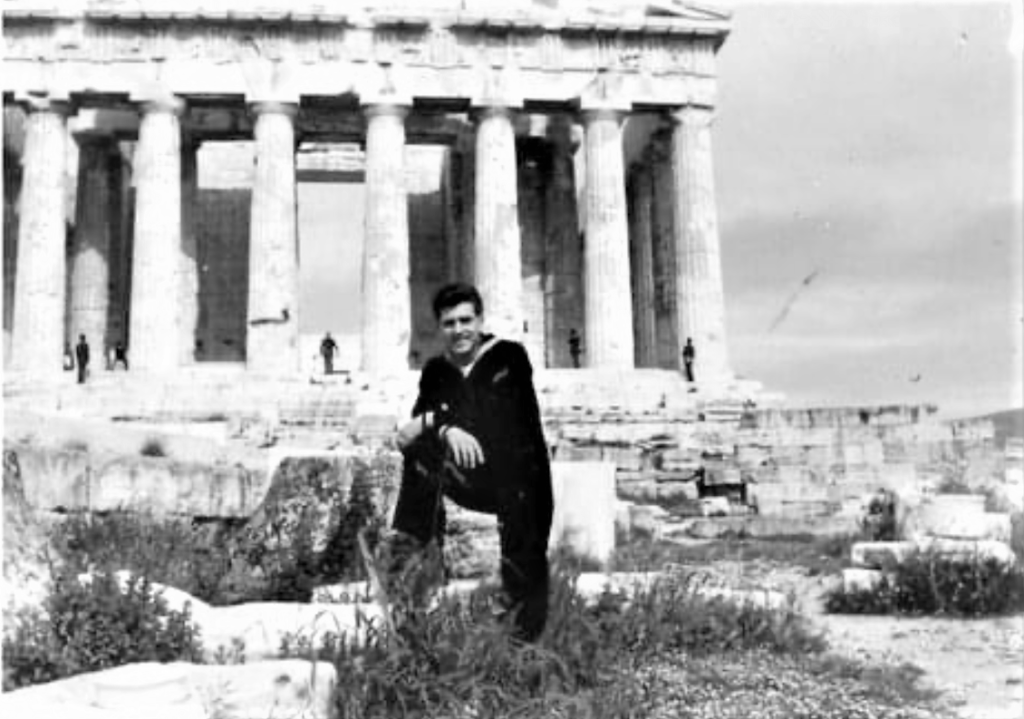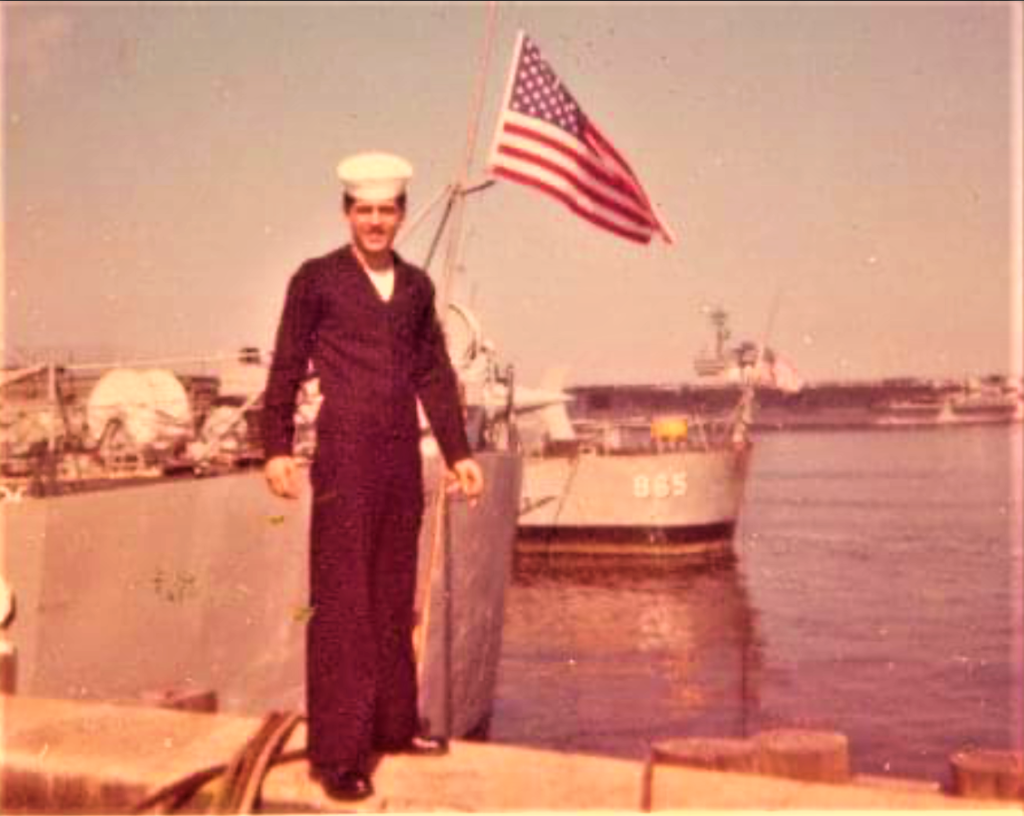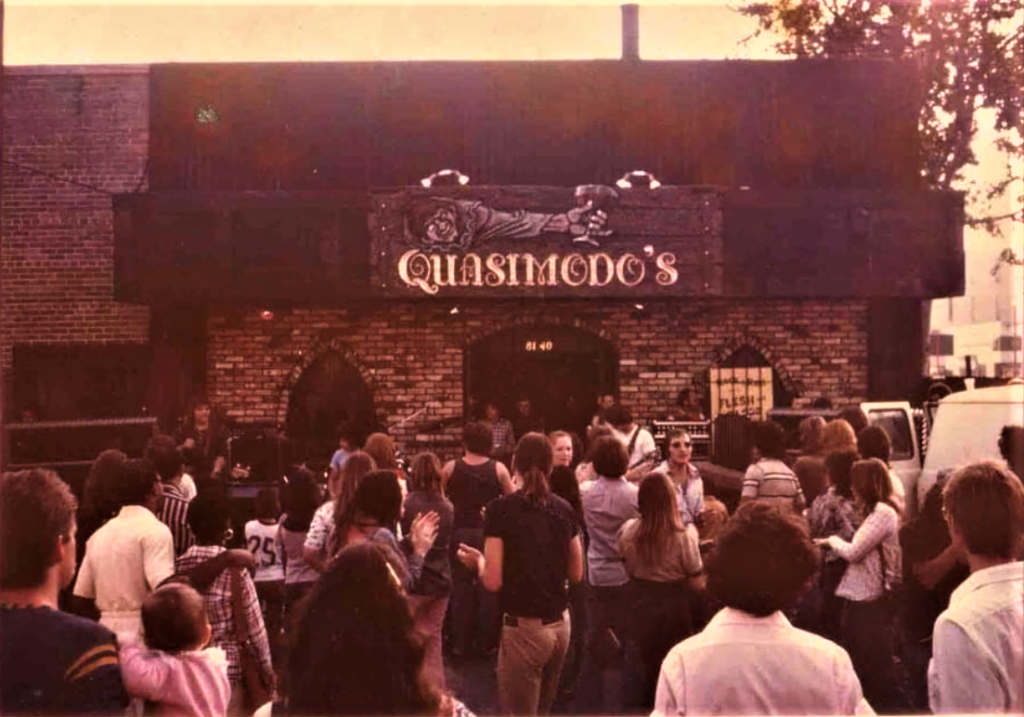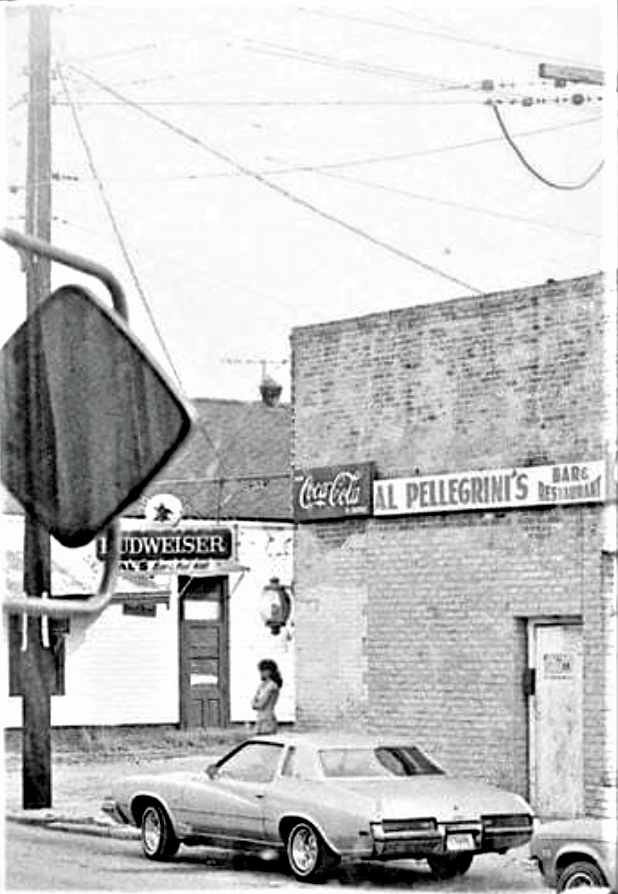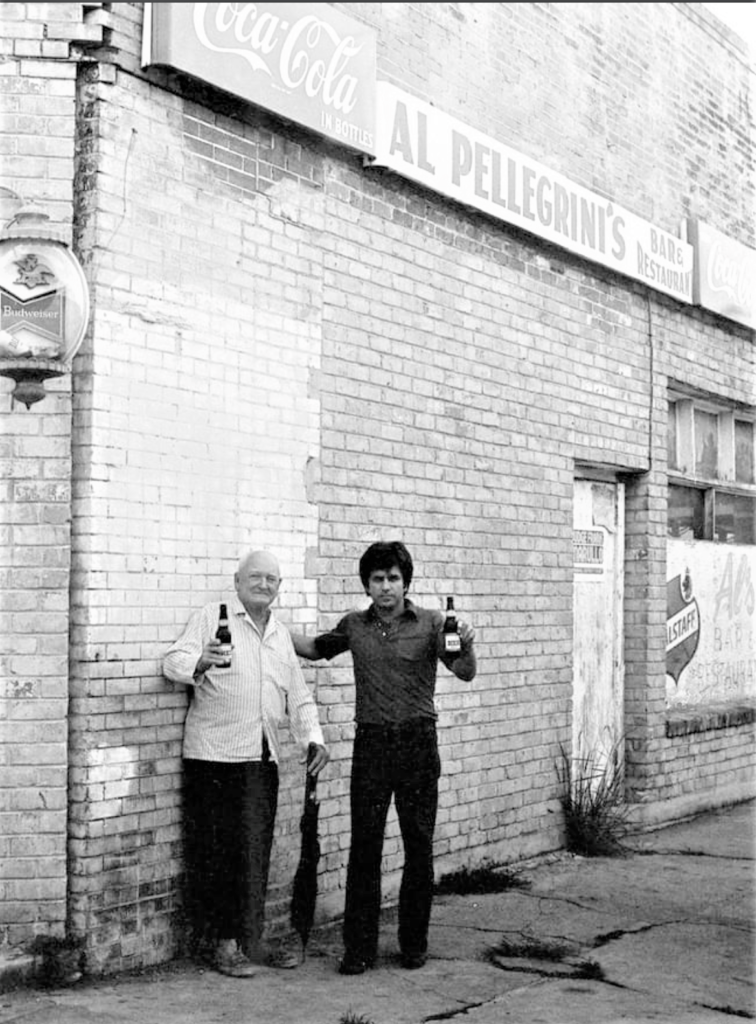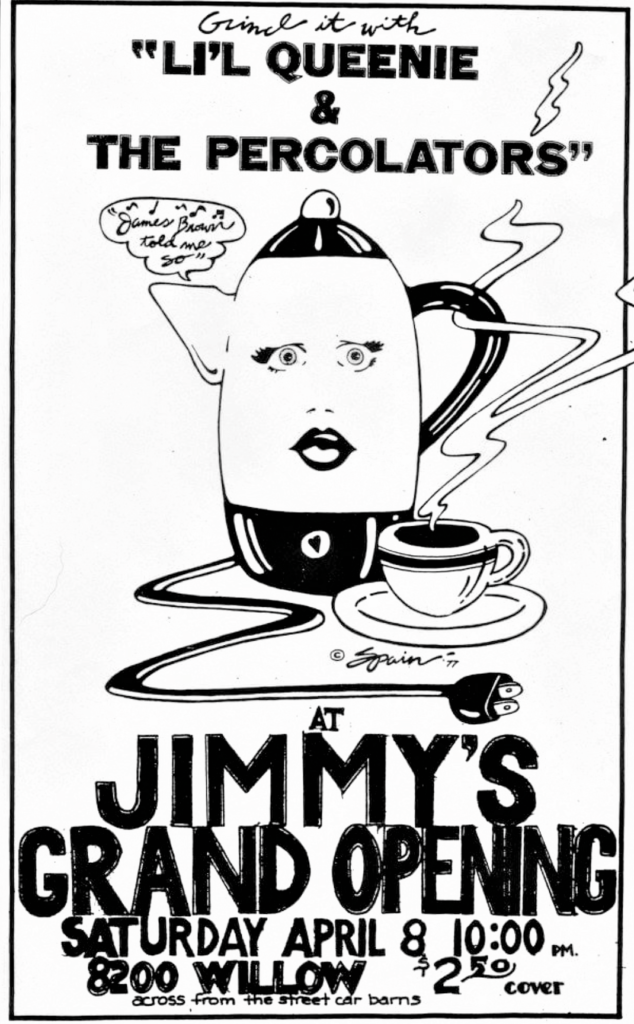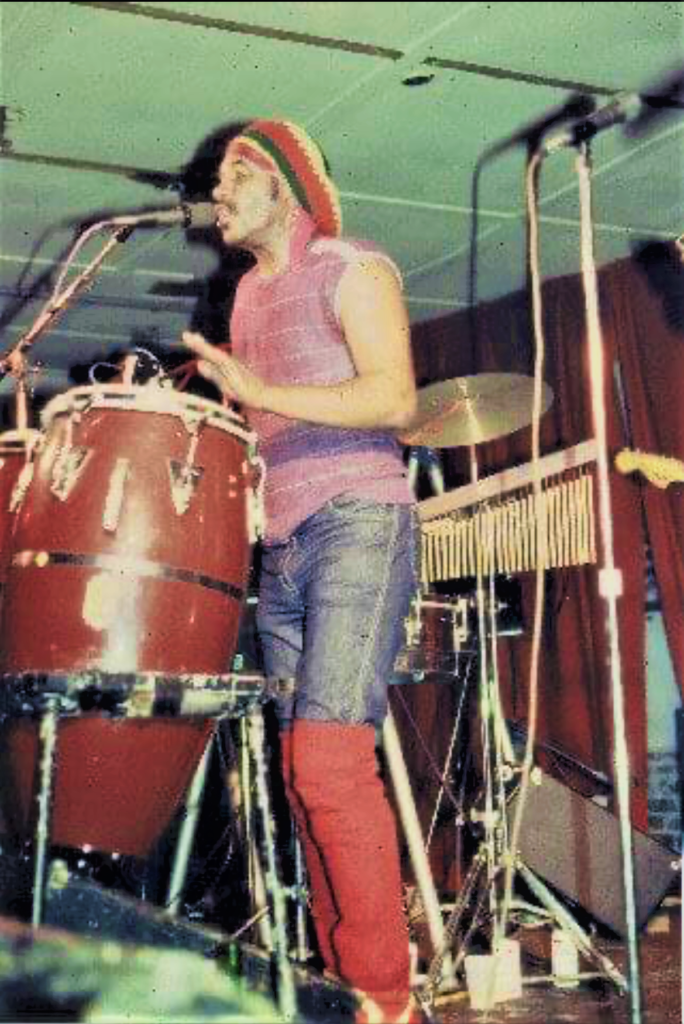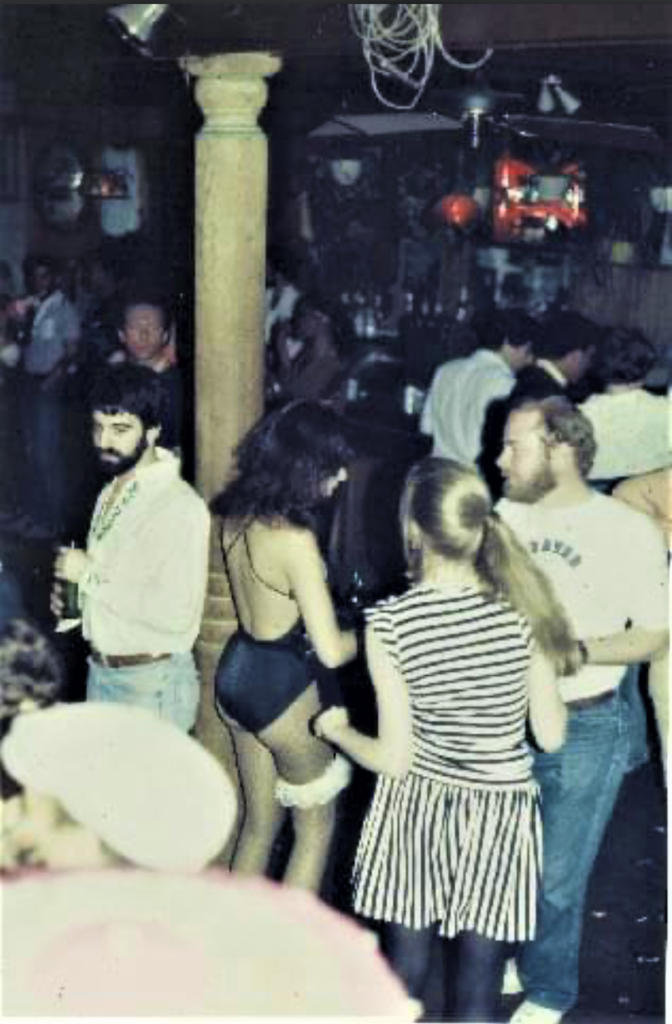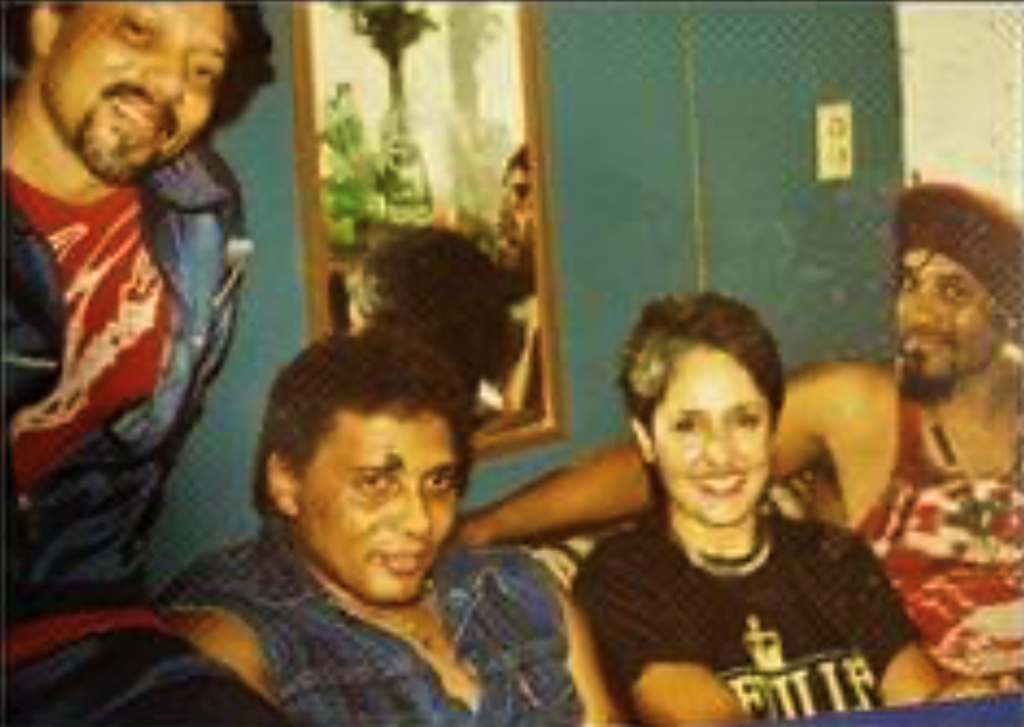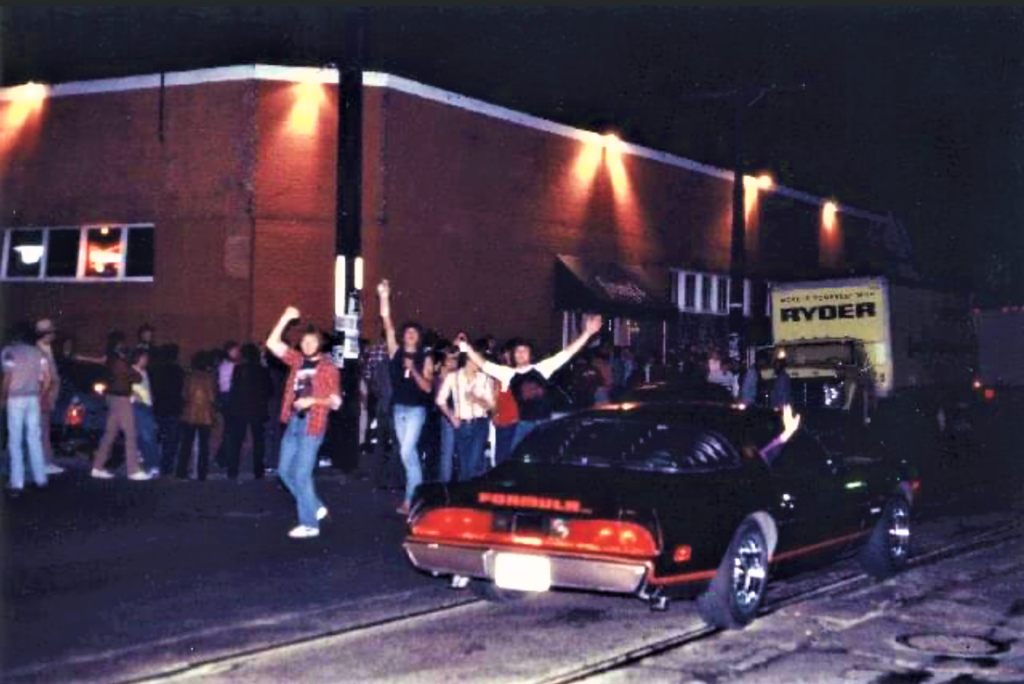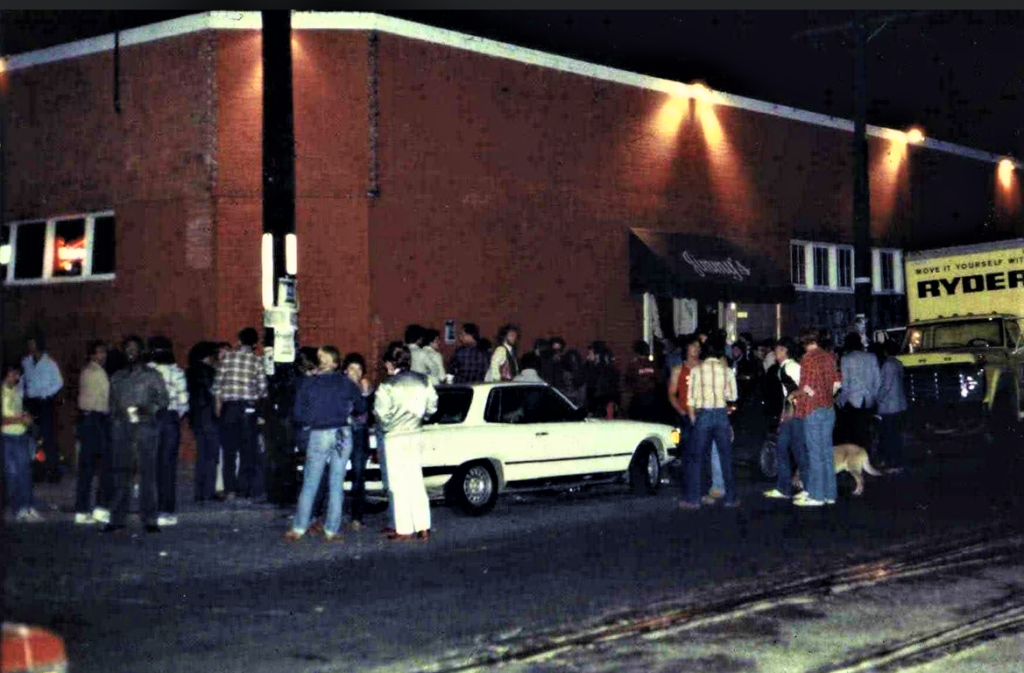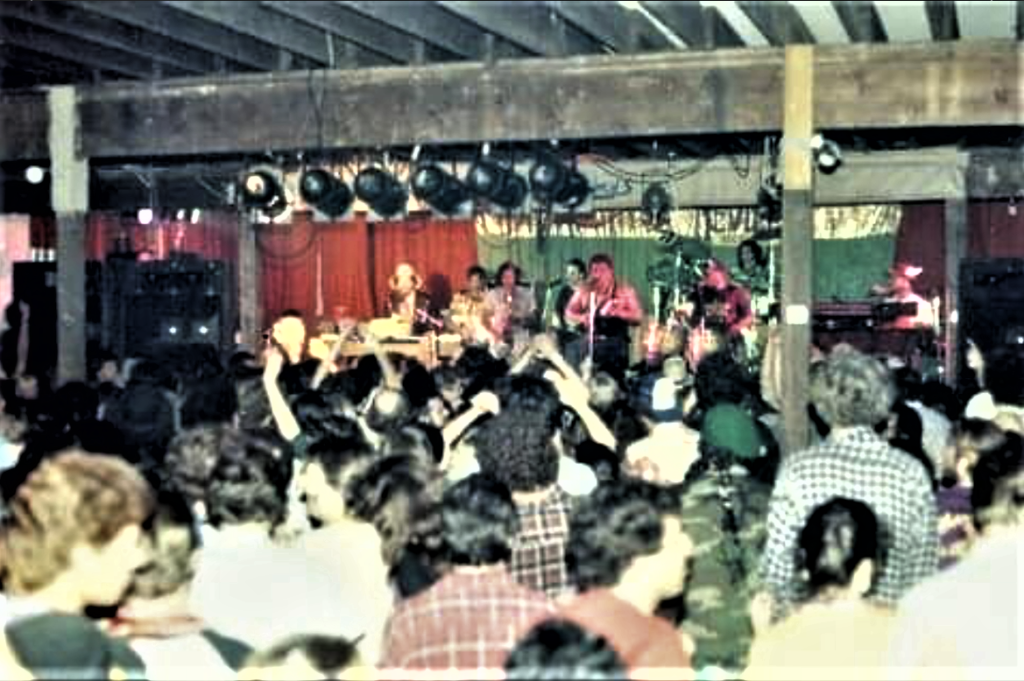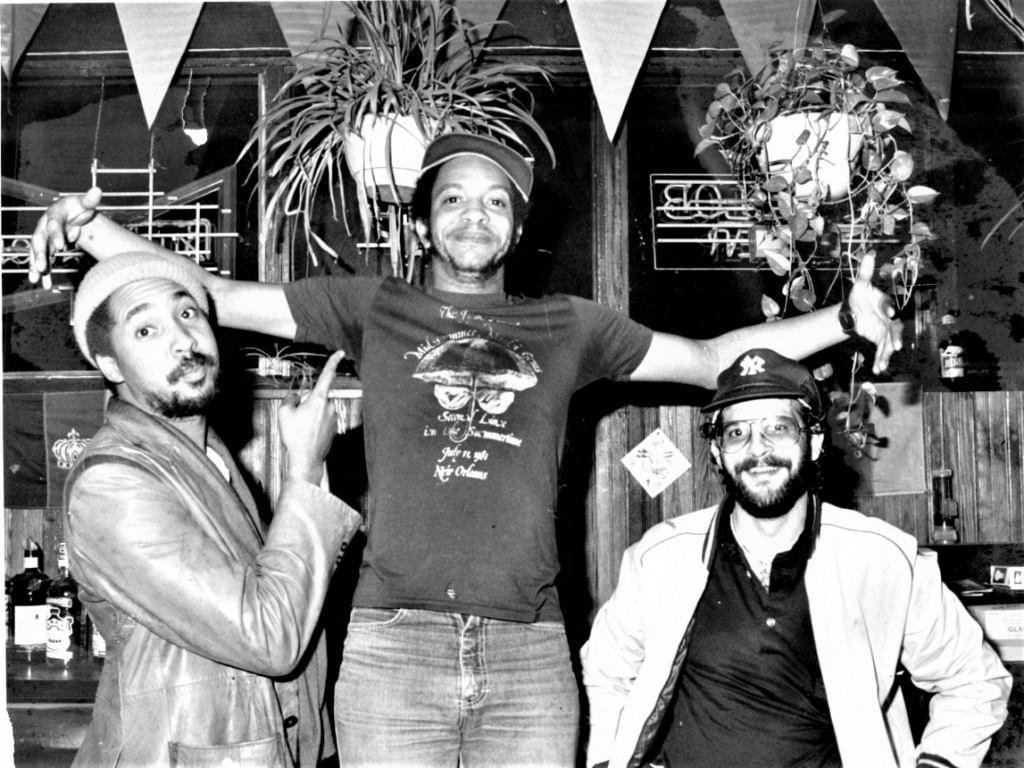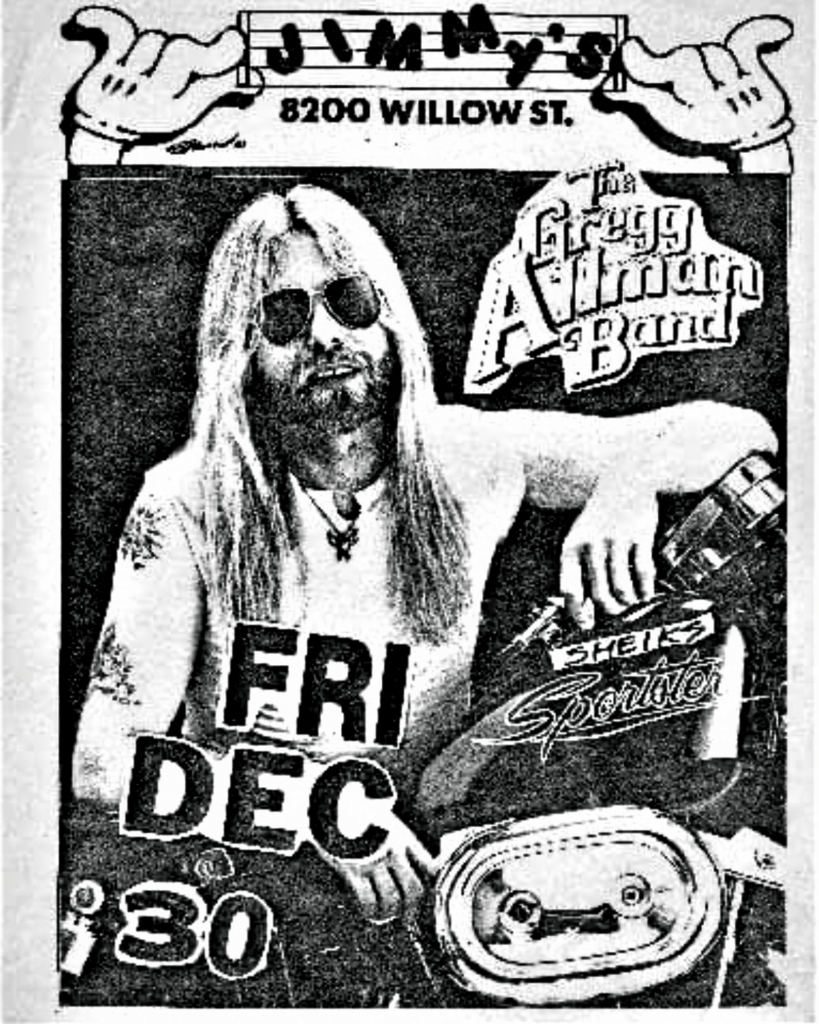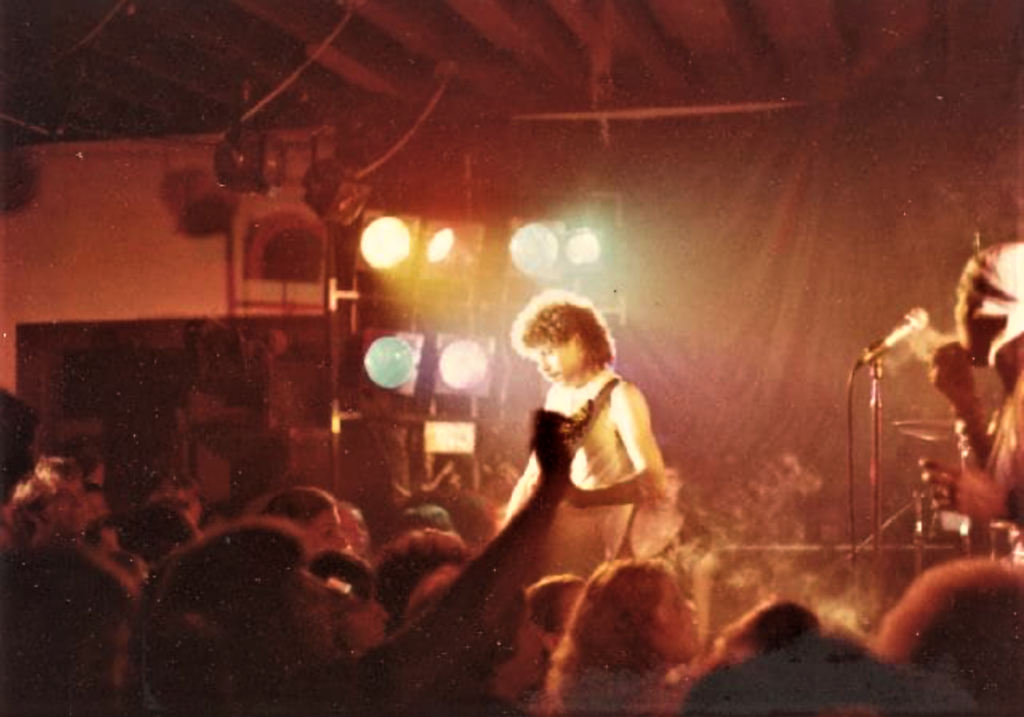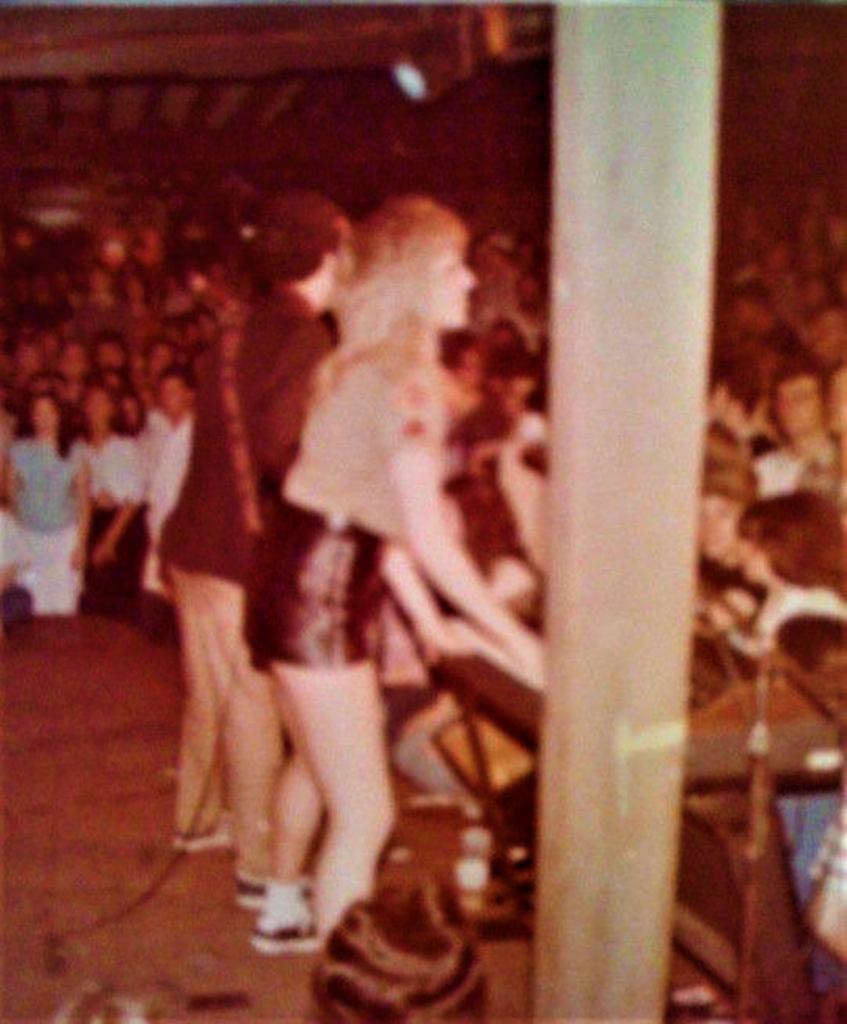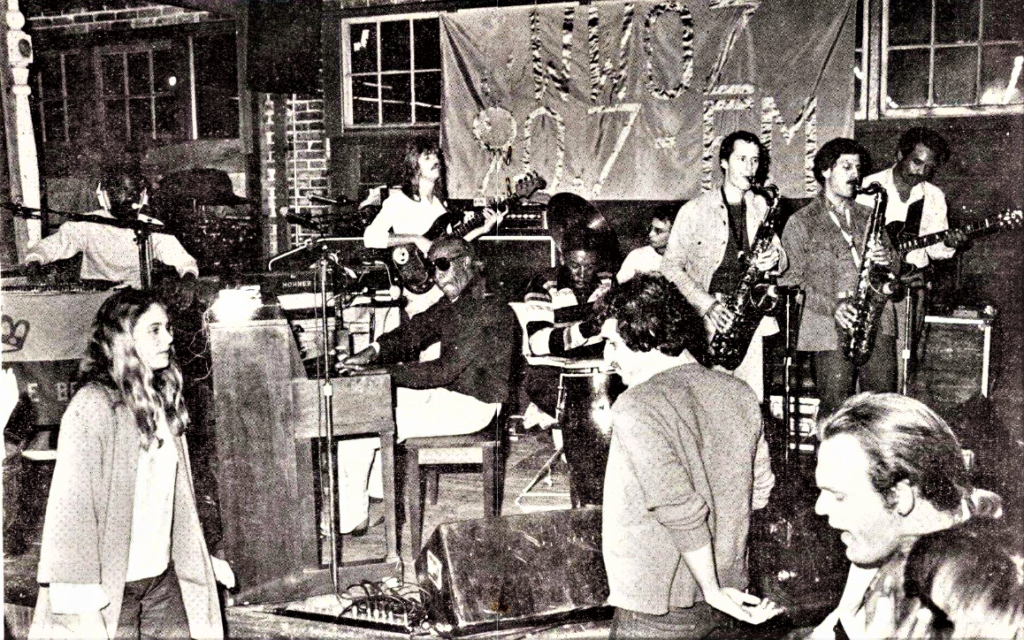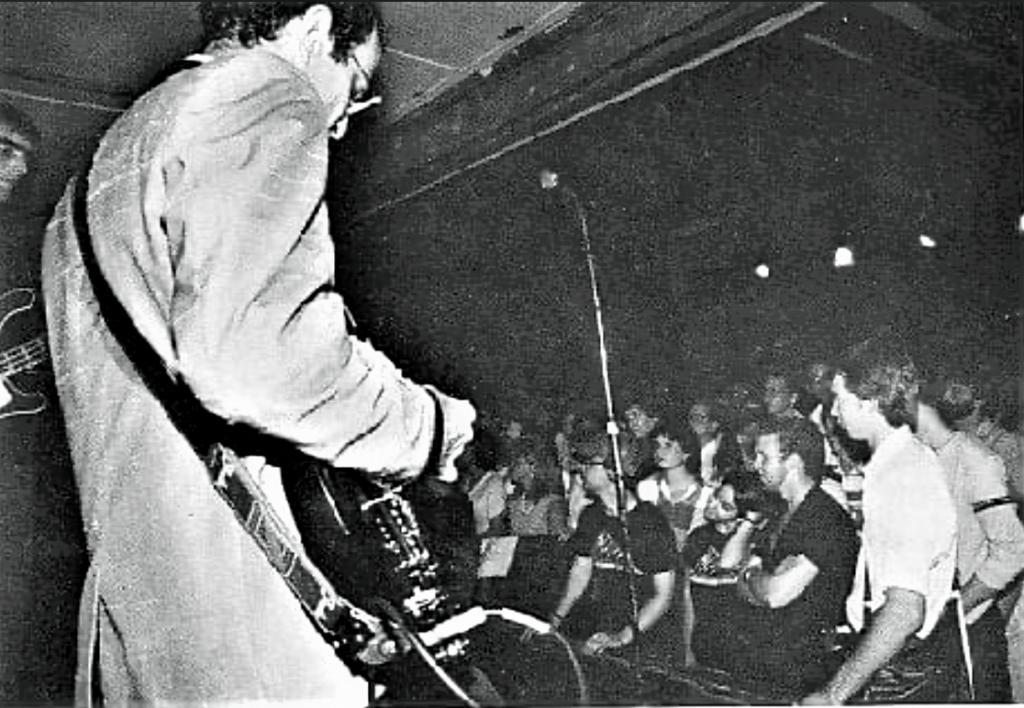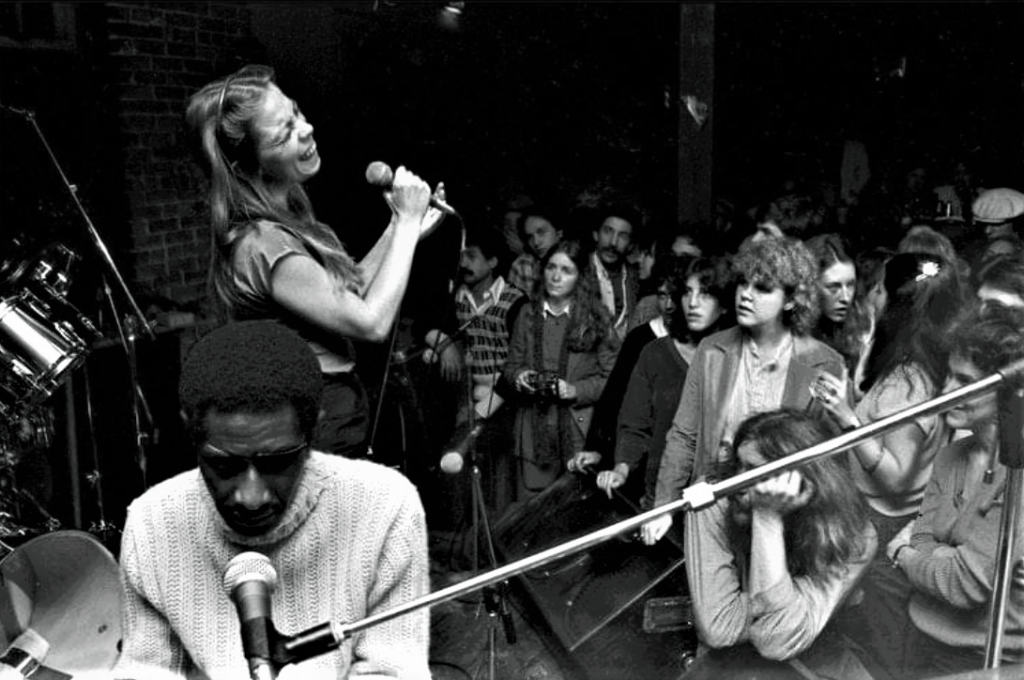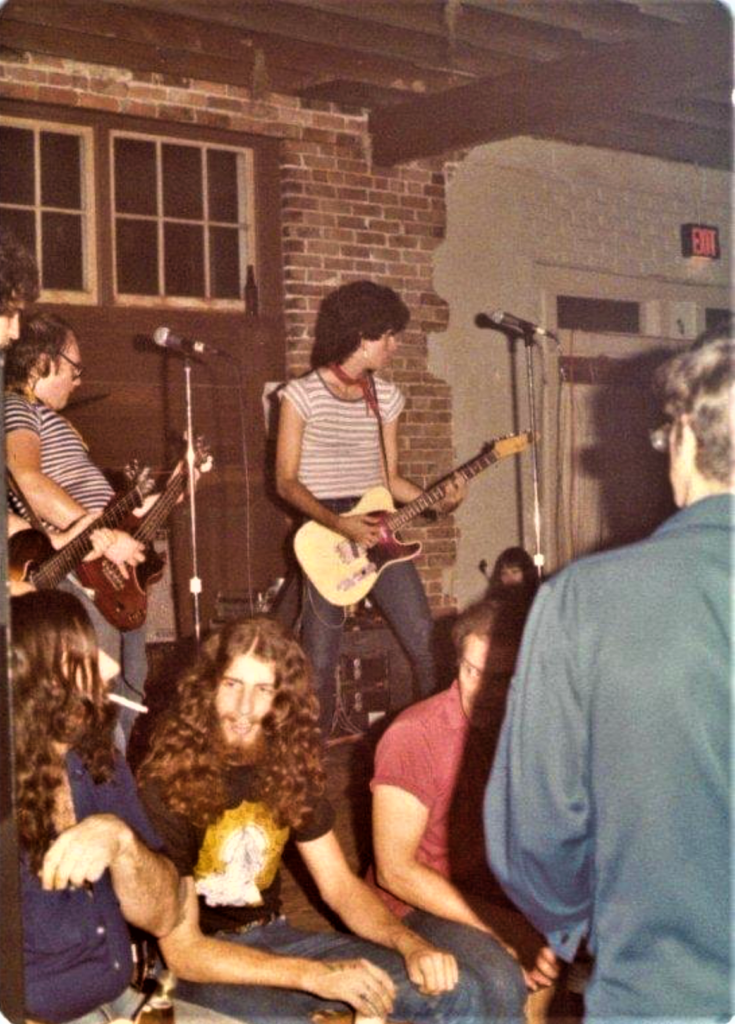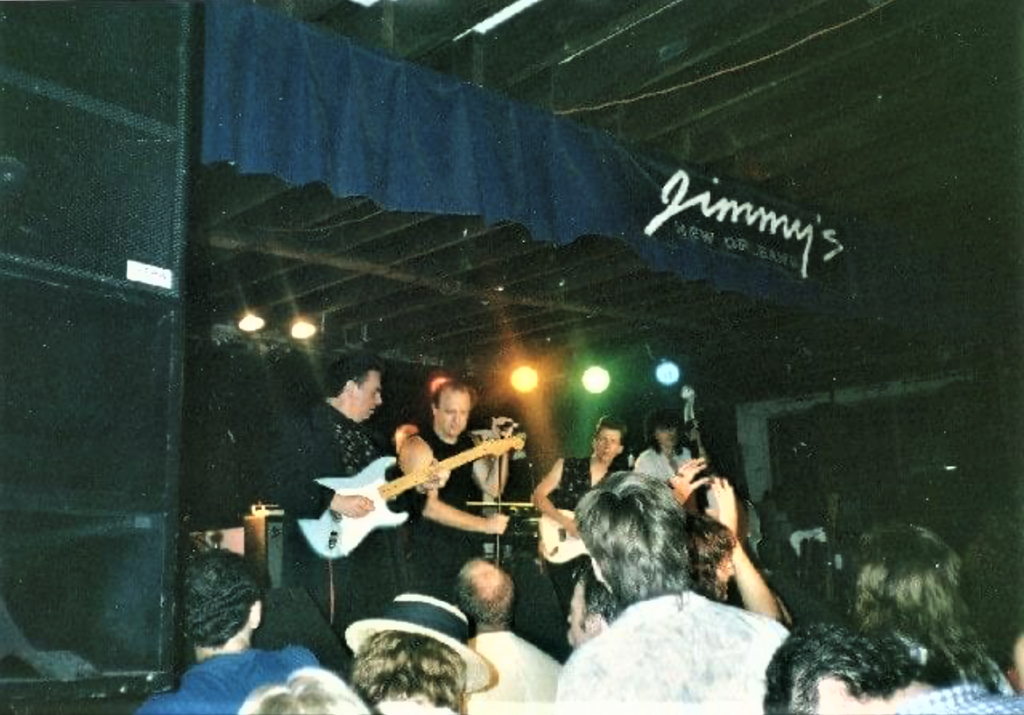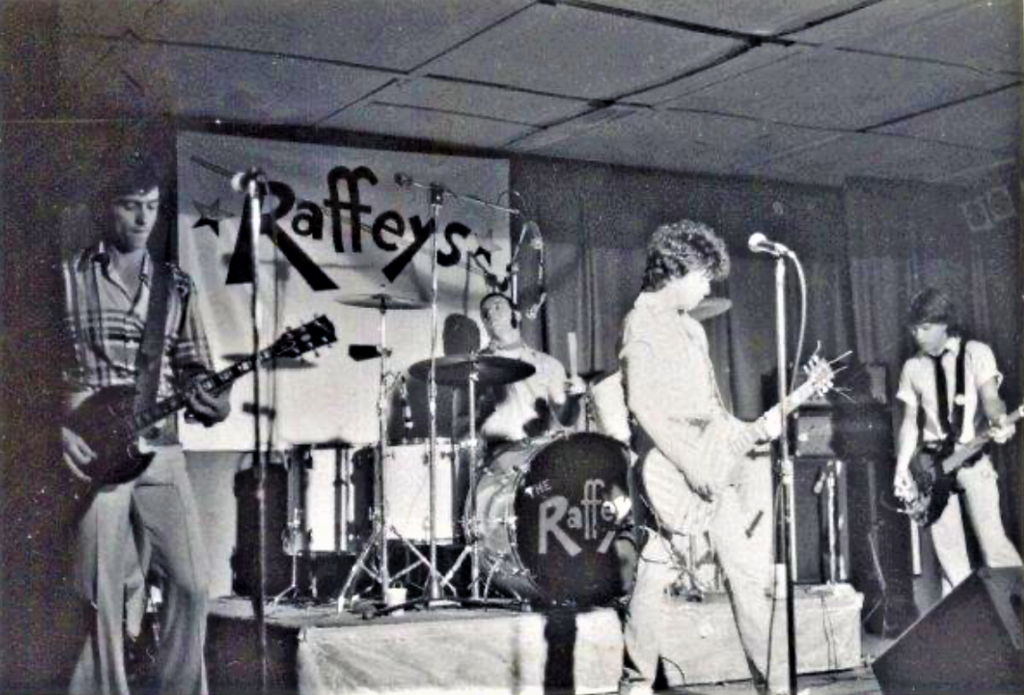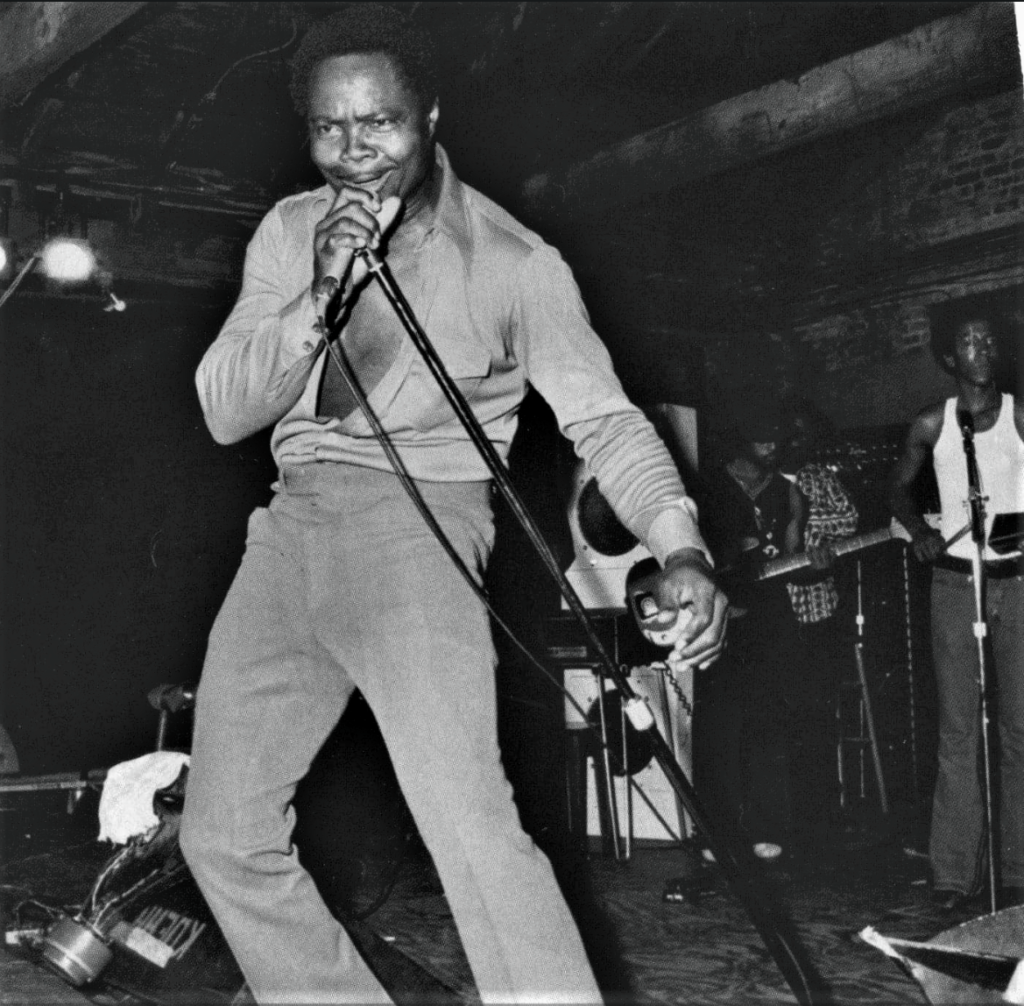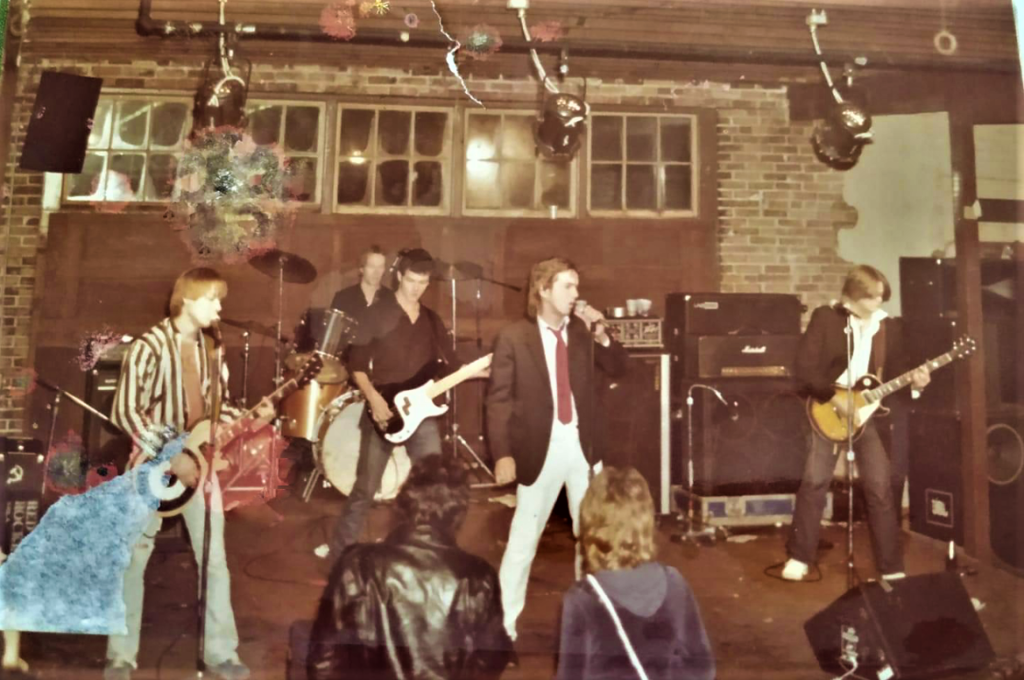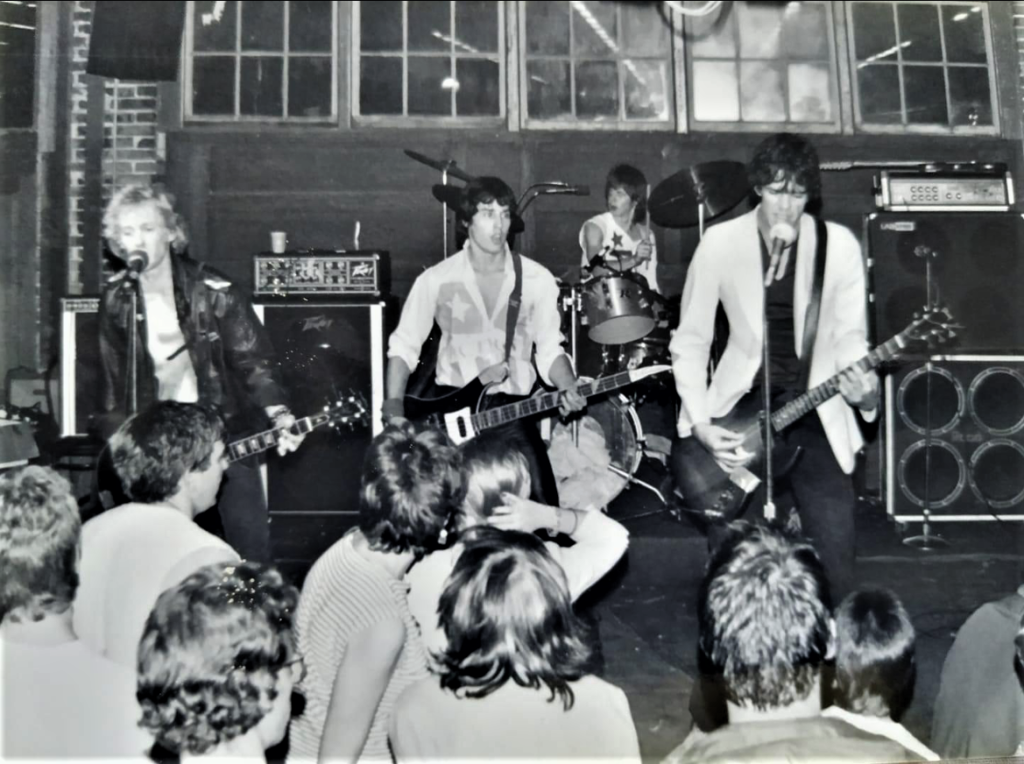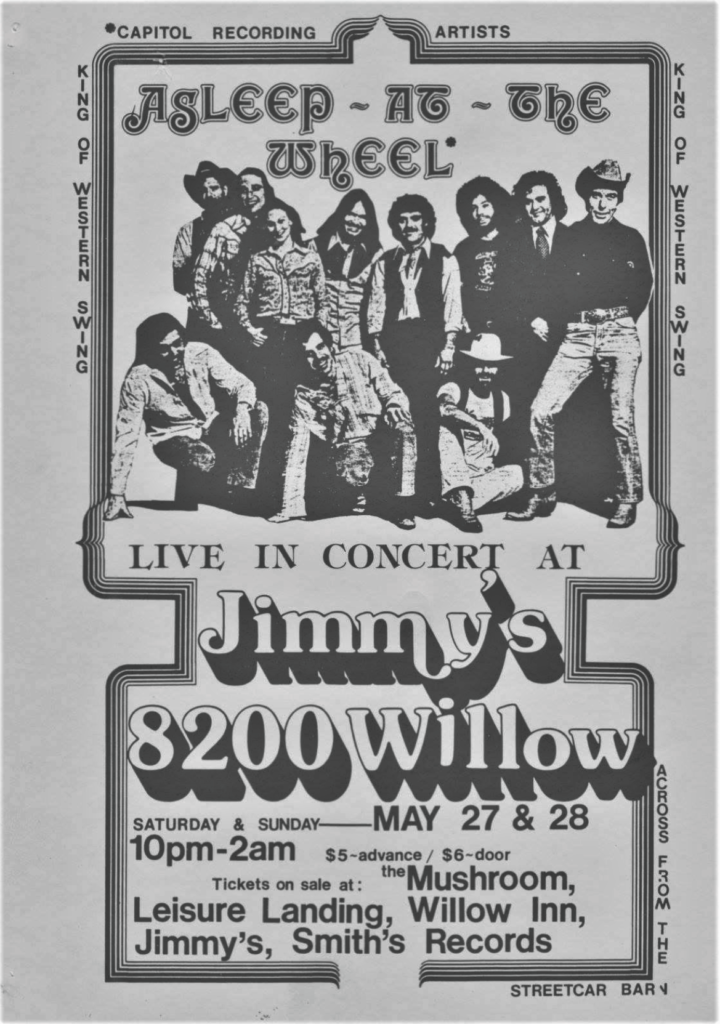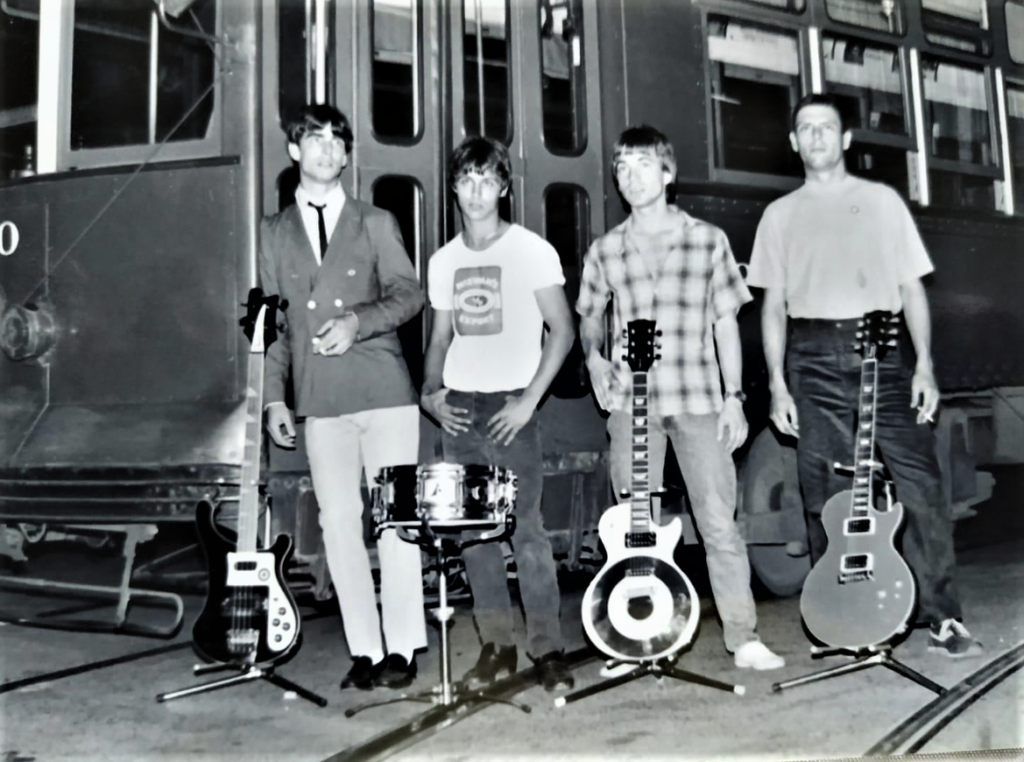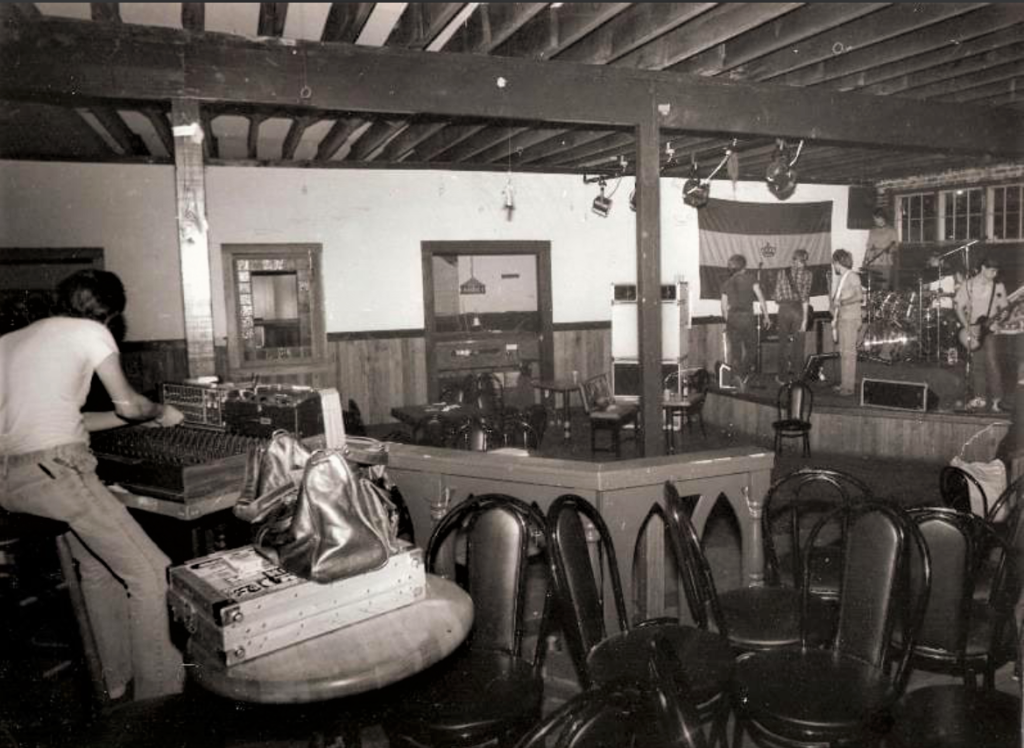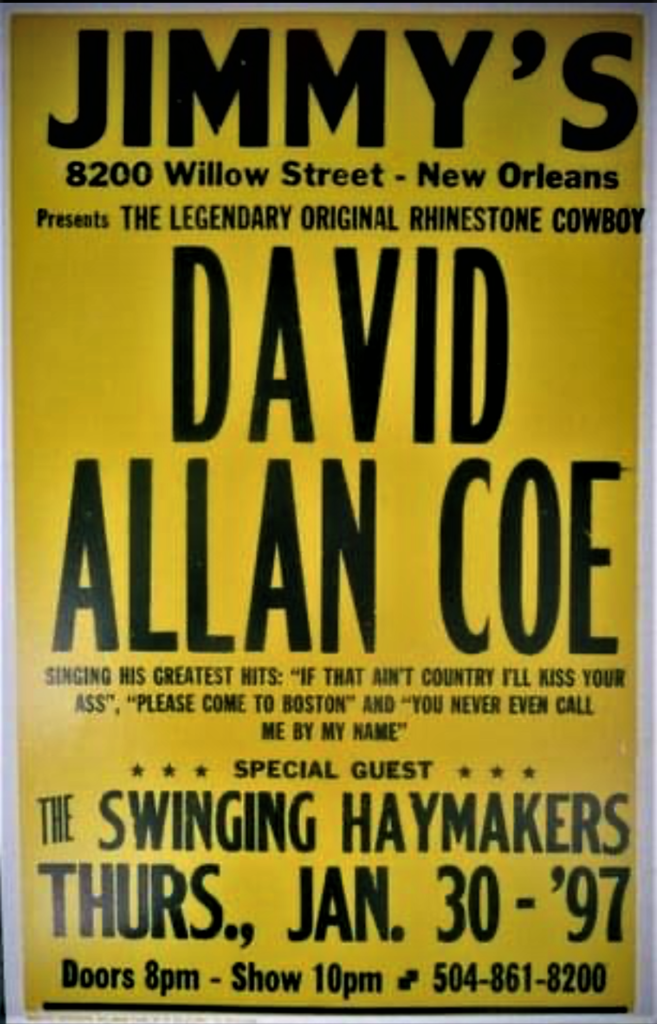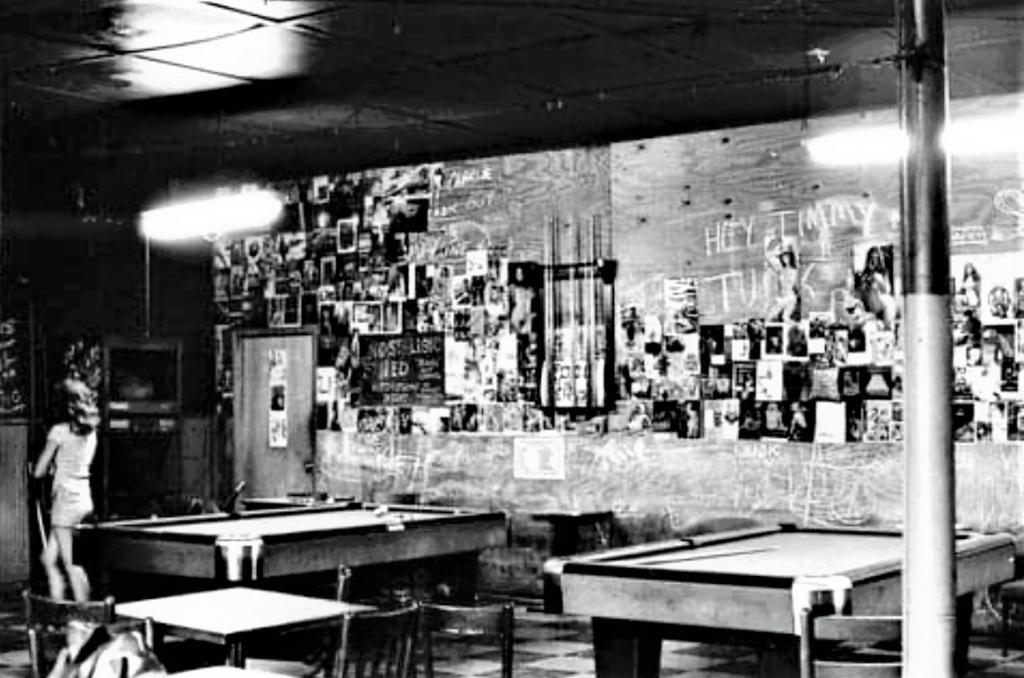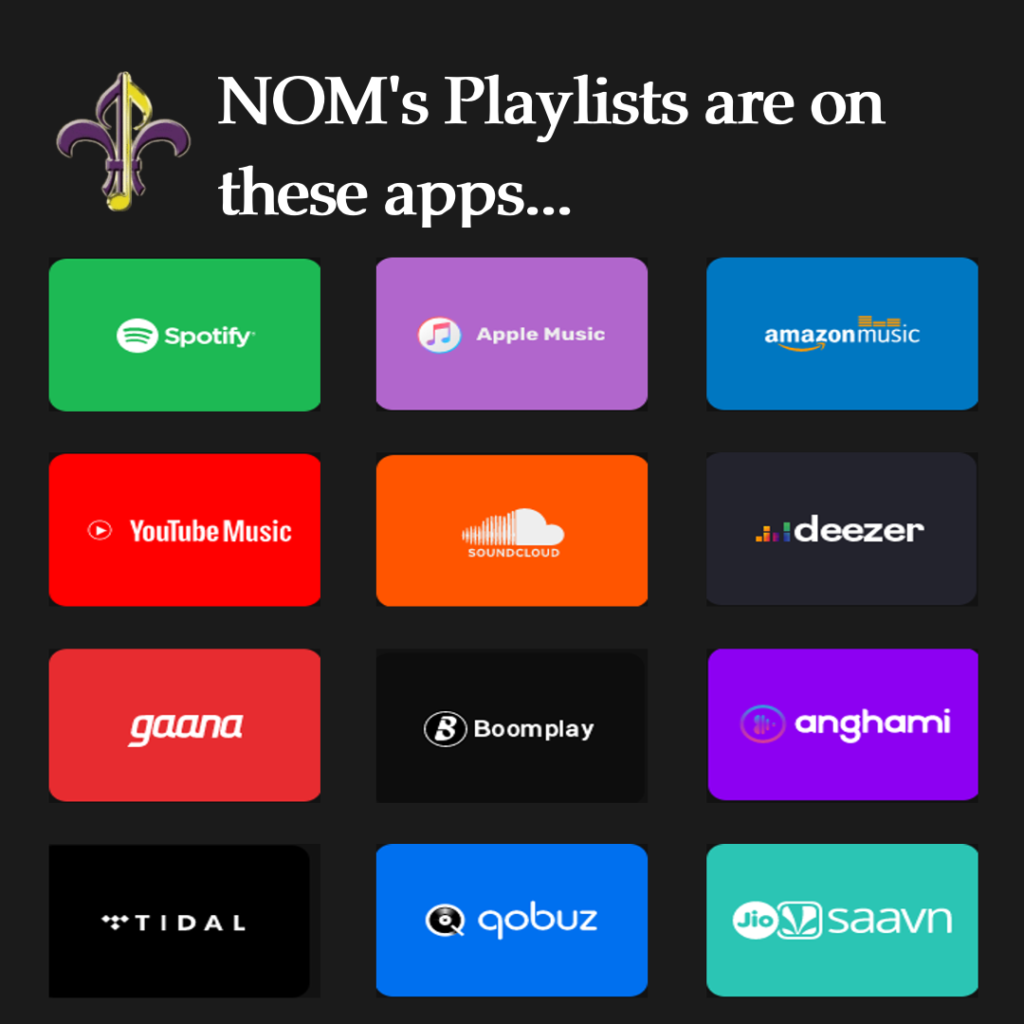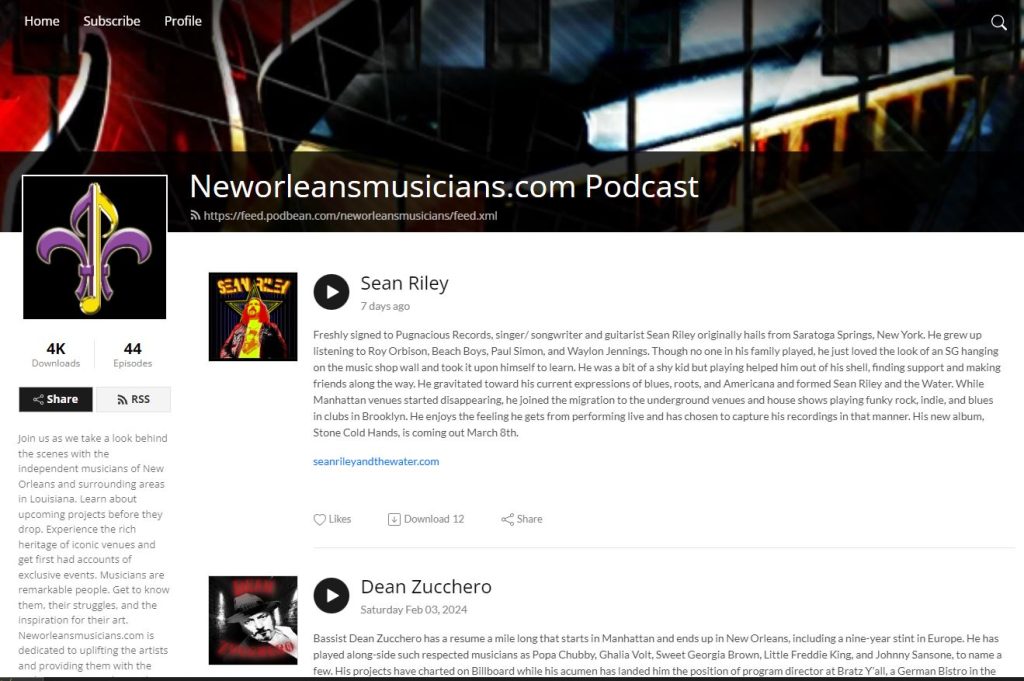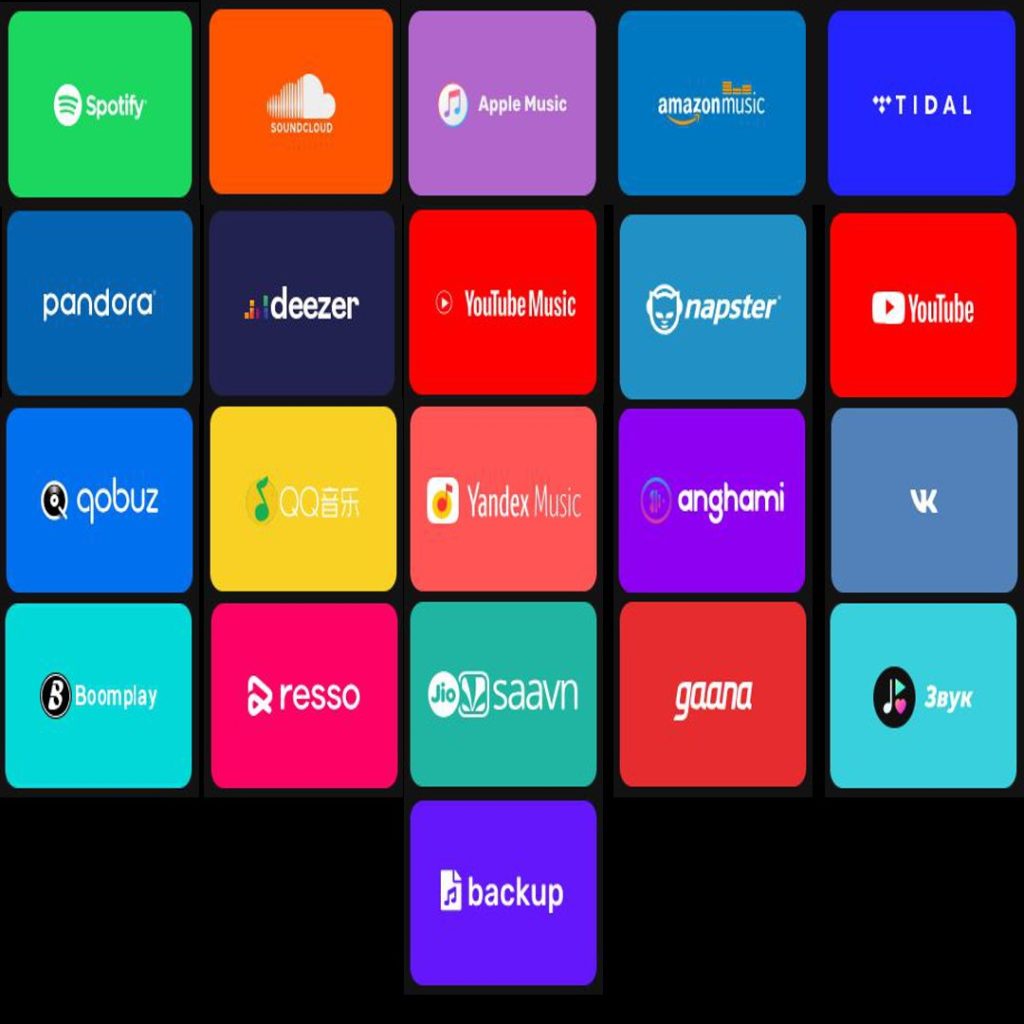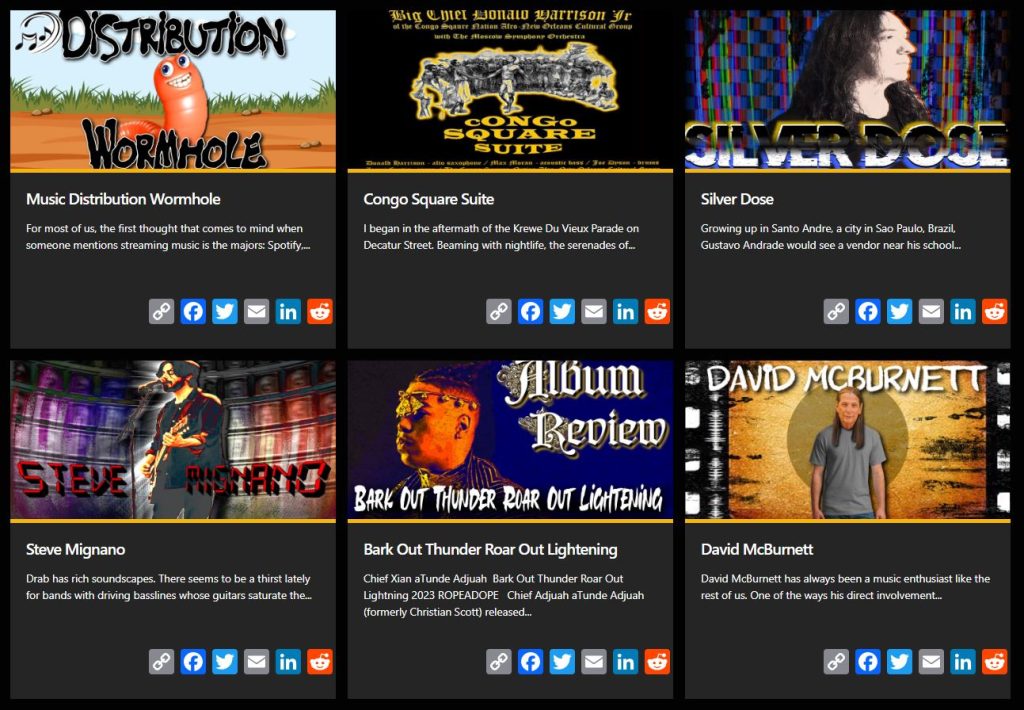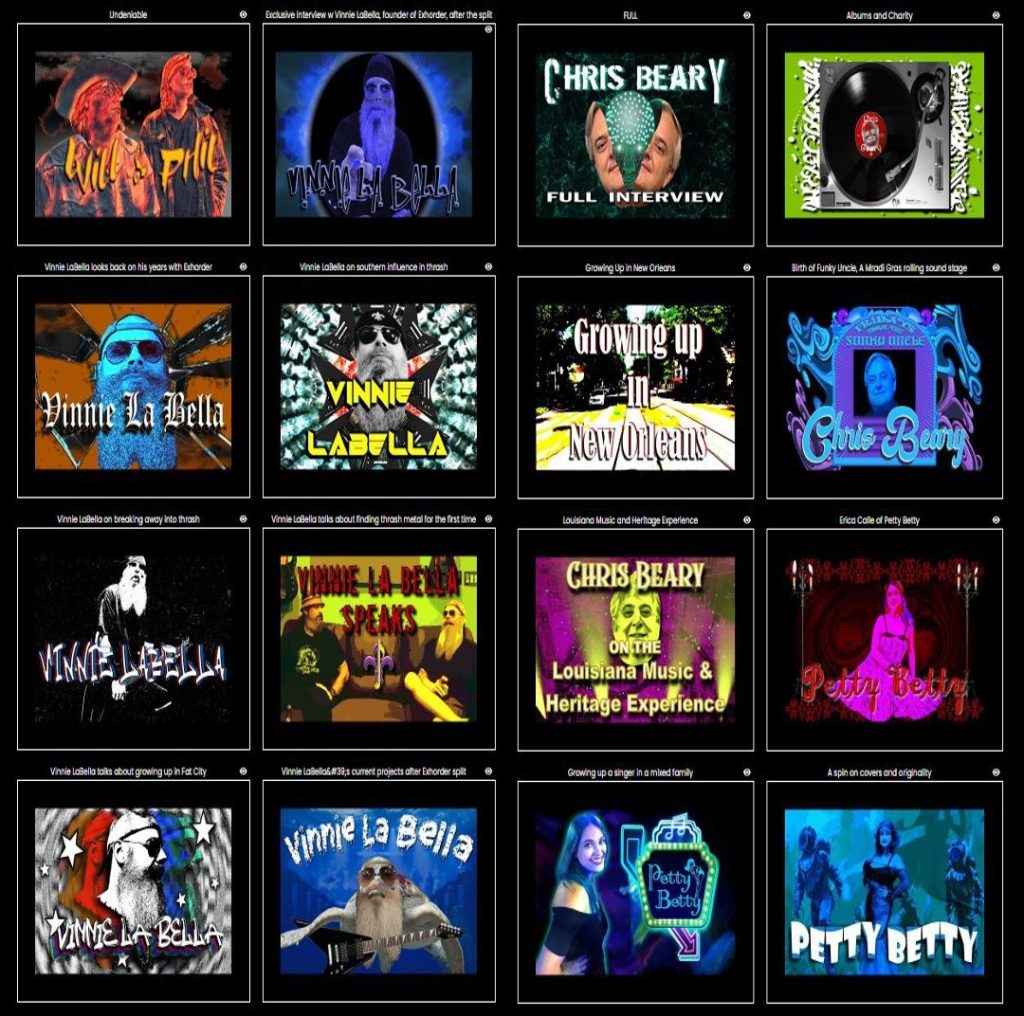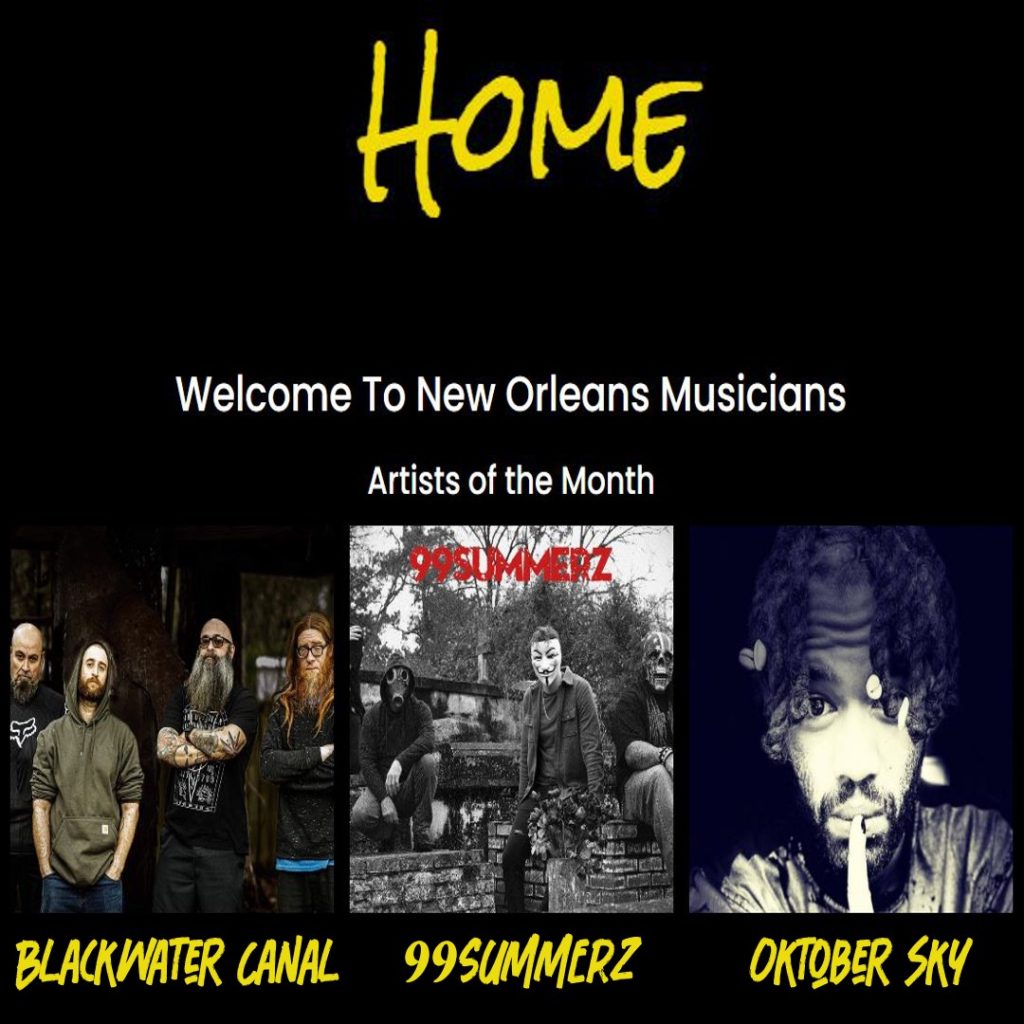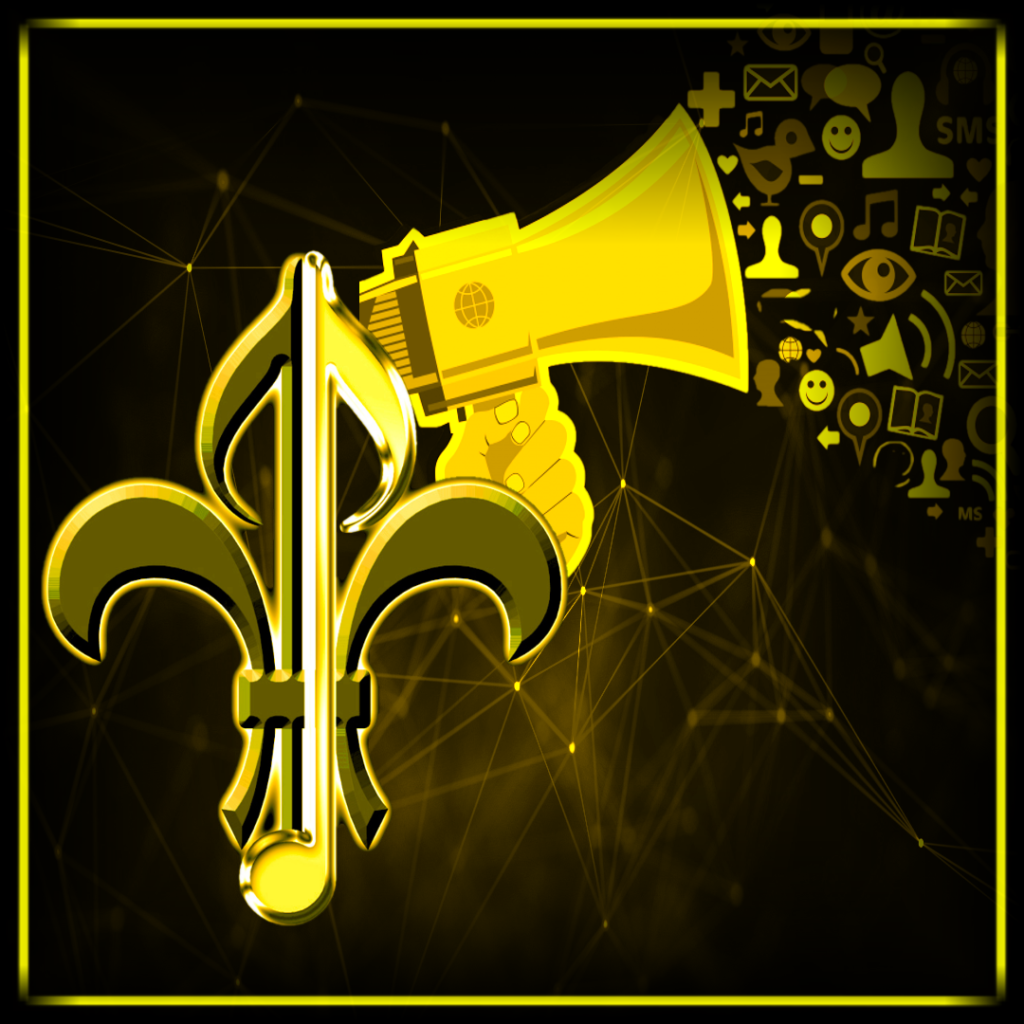A sense of identity can be drawn from the music one chooses. And as children, a sense of our family’s identity is passed on to us in this manner. We’re not always lucky enough to have heritage tucked into that medium. But members of the band Poisson Rouge were. Now husband and wife, located in Erath, Louisiana, founding members Greg and Kylie Griffin were both steeped in Acadian culture as children. Some relatives in Kylie’s family spoke fluent French. And the sounds of zydeco artists like Rockin Sydney were frequently heard by Greg as a child. As awareness of their culture gradually took hold, they began to form bonds with the underlying meanings of these elements. Those like Greg and Kylie that are fortunate enough to learn about their heritage at an early age often feel a sense of pride within it and a duty to protect it. This sentiment is at the core of Poisson Rouge.
Perhaps a brief pause is in order to help clarify key components of the origins of this microcosm we call Louisiana. Acadian heritage is that of French ex-patriots that arrived in Nova Scotia seeking religious freedom. And in their quest were ultimately driven out of the province, some coming to settle in Louisiana. The Creole heritage draws from people indigenous to Louisiana as a colony and possesses French, West African, Spanish and Native American roots. Consequently, the Creole population is comprised of African, Caucasian, and multi-racial people. Cajun is a result of the melding of both Acadians and Creoles. Being that the groups are now so closely related and the origins of each date back hundreds of years amongst many continents, all of what I just said is debatable. And the terms have taken on different meanings over the years. But for the purposes of this article, it will help to at least explain the continuity amongst the influences of each.
Being a genre built upon and delivering messages of tradition, the realm of cajun, zydeco, and creole music can sometimes be tricky to navigate for musicians. Purist nay-sayers turn up occasionally, thumbing their nose at the infusion of styles such as R&B or funk that are outside of familiar landscapes. I suspect there is an inherent fear that things of this nature will eventually dilute an important element of these cultures. But while Poisson Rouge appreciates the importance of the preservation of traditional styles, they welcome inspiration from other genres too. For instance, their song La Louisiane contains more than one verse where Kylie actually raps. But the song is encased in familiar zydeco elements like a washboard, an accordion, and a French horn. As for the final result, how does it sound you might ask? Poisson Rouge books countless venues and festivals every year with attendances from hundreds to thousands.
Like many of us, Greg, Kylie, and other members of this band grew up listening to a multitude of different genres. And sometimes the influence of those alternative genres seep into and subsequently change the final result. As for the nay-sayers, Greg disagrees with the idea that music needs to be made to appeal to other people. And I second this notion because I believe pandering to appeal hinders creativity. Ironically, the free communication of and borrowing from different genres closely parallels the manner in which cajun, creole, and zydeco genres were formed over the years. Similarly, though trumpet and french horn were Kylie’s strong suit, she sought to change that upon returning to the University of Lafayette to pursue her master’s degree in music. Courses there with horns were centered around classical jazz. As she explained to the university, “I’m done with the band stuff. I don’t want to play french horn anymore because it doesn’t serve any purpose. I’m just teaching music, I’m not playing music in that genre, you know classical jazz.” Kylie went on to play accordion while pursuing her masters. Within the concept of influences shared amongst genres, I couldn’t help but think what effect years of french horn and trumpet in a classical jazz setting had on a musician that would ultimately play accordion in a zydeco band. I find these things both fascinating and convergent. The cross-over appeal between audiences that Poisson Rouge enjoys is achieved by their willingness to accept and include influences from other genres not native to their history. With tradition and progression lurking, Poisson Rouge as a body of work has never felt contrived for its members. There is a deep-rooted passion that underlies their resulting sound. Some of the band’s members are people who were music majors in college. Some of them are music teachers now. Some of their families’ members play music. And all of them got to see musicians on festival stages at an early age.
In Louisiana, there are more festivals per year than days in a year. We celebrate everything from culture and industry to wooden boats and food trucks. Yes, we actually have several food truck festivals. (The next one is in Slidell, Louisiana on October 29th, 2022, a week from this article’s posting.) Making the transition from the crowd to the stage, bassist Greg Griffin has taken notice of those in attendance at some of these festivals. Often times he can read what type of crowd he’s playing for by their style of dress. And even when the crowd hasn’t quite fit his band’s infused design, he’s still seen nods of approval. But singer/ accordion player Kylie expressed concern stating, “Playing in Alexandria has been the most eye opening. Because nobody really dances; very few. You will get some people that will dance. And you’re like woah, one couple danced. But down here, that (dancing) is the norm…. It goes to show you how fast our culture is just going away, especially in some areas of the state.” When Kylie was growing up, you couldn’t keep drinks on the tables in zydeco clubs due to the amount of people dancing on wooden floors.
Through twists and turns in the bayou, the trees begin to envelope you, gradually concealing a world beyond. Likewise, the further one strays off the beaten path in Louisiana, the more they become surrounded by unique characteristics indigenous to the region. These features contribute a sense of singularity to the land as well as its inhabitants. Losing these features can essentially begin to strip away the character of a region and a sense of one’s own identity. Long ago, our nation’s Constitution removed bilingualism and in time would include an article that restricted the judicial process to the English language. This reduced the status of the French in Louisiana. And the assimilation of Louisiana’s French population into a now English society would see children chastised and humiliated for speaking French in schools. Since the language of a people is at the core of their identity, this effectively began the removal of their existence. Kylie grew up on a crawfish farm in Pecan Island that was later claimed by Hurricane Rita, which ultimately resulted in its sale. Her children will never know that way of life, nor will their children. And it was her late grandmother that would speak French to her when she was a child, not her parents. With the extinguishment of these factors comes a cultural whitewashing. As time marches on and previous generations die, with them is buried little pieces of our heritage. Unearthing these pieces and placing them on display is essential to maintaining a people’s continuation. In Greg and Kylie’s capacity both as musicians and as school teachers, it has always been a focal point to keep their own culture at the forefront of their efforts. They have both participated in a French immersion program in Nova Scotia that works to embolden the use of French language amongst its participants. They have put on summer music camps for children in the past where the kids played guitar, fiddle and accordion, singing songs in French. The school where they both teach facilitates a crawfish pond and a rice patch, familiarizing its students with their local way of life. The song I had mentioned previously, La Louisiane, speaks about the causes and effects resulting in a disappearing culture. And in building upon traditional music styles and stories, and travelling to spread these messages, Poisson Rouge hopes to instill a sense of urgency in its audience as to the needs of a dying legacy. You can find out more about Poisson Rouge on their website poissonrougemusic.com. There you will find pictures, bio’s and links to more music.
Greg Griffin – Bass
Kylie Griffin – Vocals, accordion
Jude Pryor – Guitar
Bradley Gueho – washboard
Scott Domingue – Percussionist
Author: David Trahan

